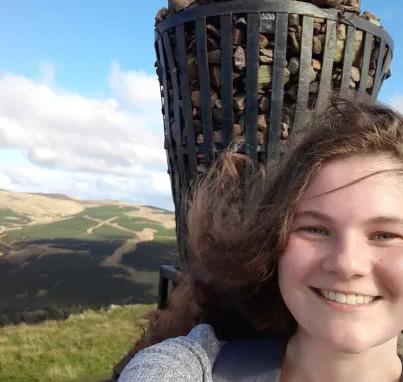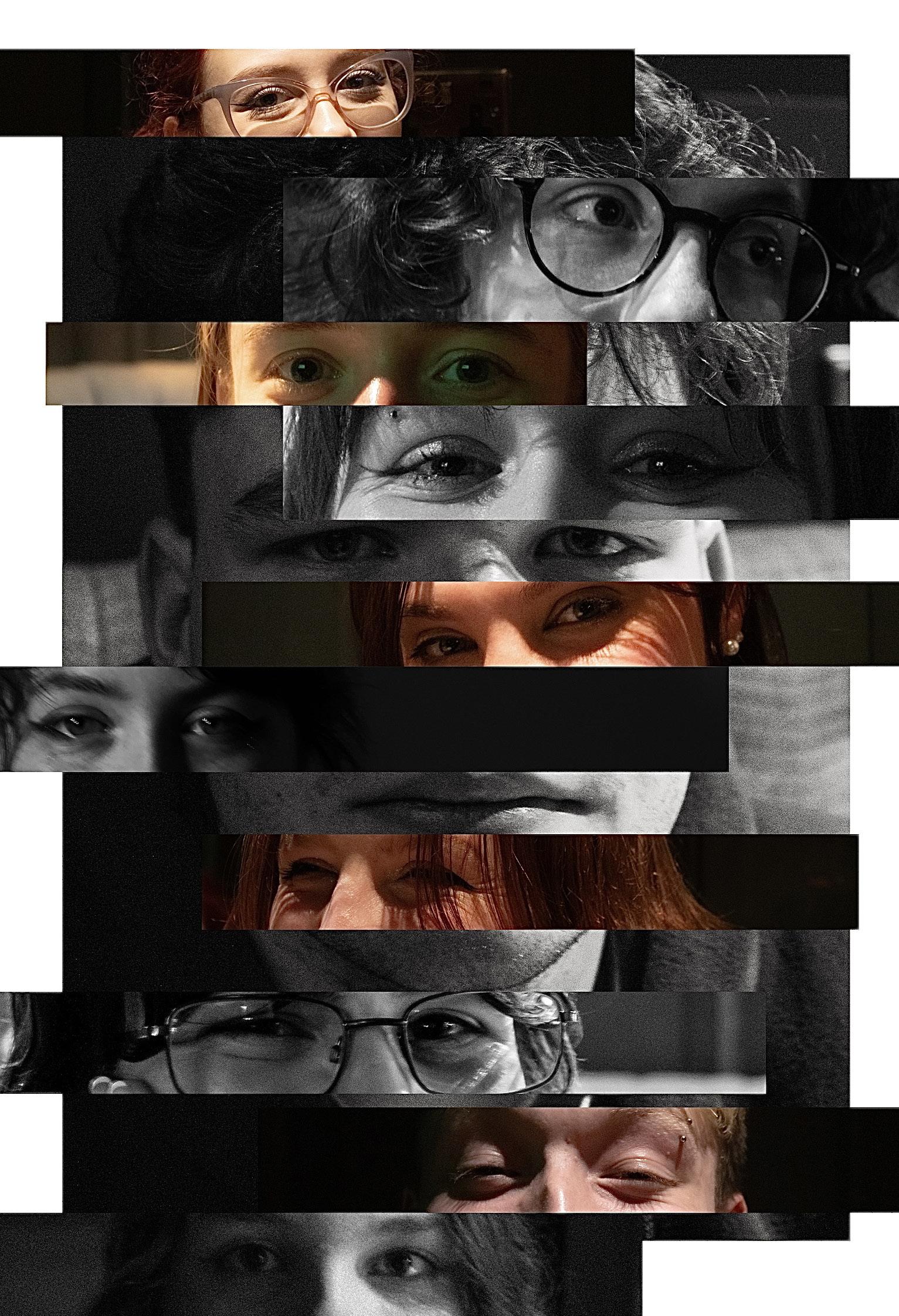BRAW



Braw Magazine explores the deep and personal aspects of student life. From LGBTQ+ stories and experiences to embracing the outdoor world, Braw is the home for your stories, experiences, advice, and gossip.
BWith such a broad range of themes, Braw is split into 5 subsections: Queeries, All the Feels, Between the Sheets, In Nature, and Hot Goss. These five categories reflect the core, distinctive, and unique themes which make Braw the magazine we know and love here at the University of Stirling. We are also proud to be the winners of the Student Publication Association Regional Best Specialist Publication Award this year, which is an honour.

ARThis edition of Braw focuses on ‘Identity and Discovery’, emboldening our writers’ voices as they explore LGBTQ+, neurodivergent, and cultural experiences, among other topics.
We also feature some stunning photographs from the University of Stirling’s Photography and Videography society, and wonderful contributions from the UoS International Society.
Read on to discover Identity with Braw.
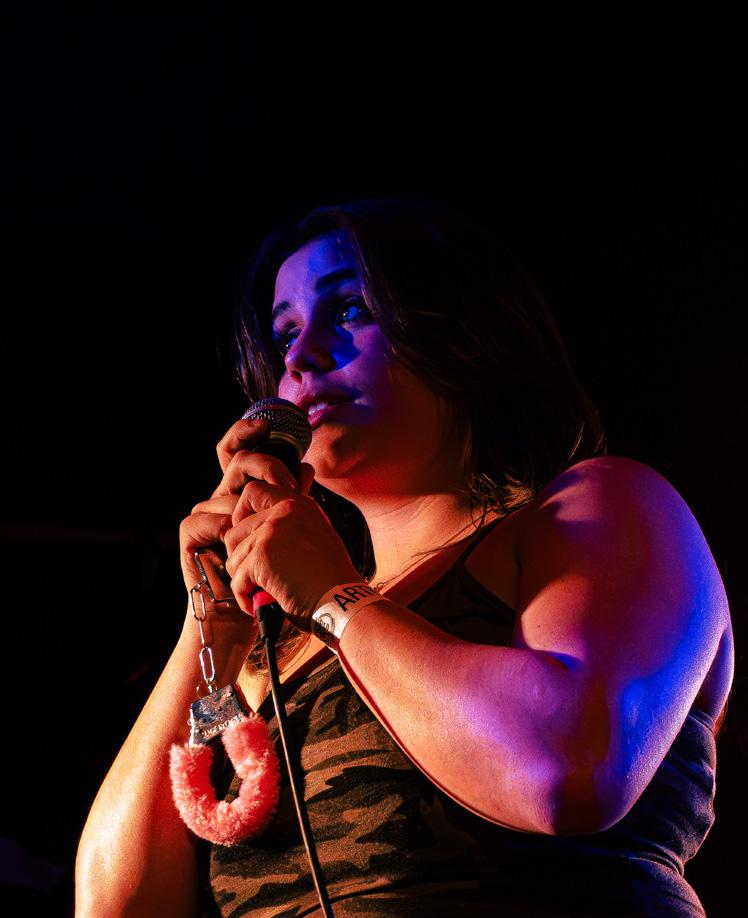

When I took over Braw from Lucie Smith, our last editor, I was determined to look after the magazine and honour the hard work and hours poured into it. Braw remains new and exciting, a home for fresh ideas and a safe place for writers to share vulnerable and valuable experiences. Protecting this home for stories along with the core values built by Lucie has been my top priority as editor so far. However, with this edition comes fresh voices, new designs, a new committee, and a different set of skills.
Our writers voted for ‘Identity and Discovery’ for this edition’s theme. What makes up our individual identities is a personal, private matter, and so the honesty in these pages is deeply valued. The collection of the Braw writer’s identities, each individual, each with their own writing style, creates a collection of articles that are so unique and wonderful that everyone who reads this will find a piece to relate to, on a variety of levels. I think that this is what makes Braw so special: there is nothing more unique than one person’s experience and learning from that experience.
This digital magazine reflects a lot of hard work, from the writers, photographers, previous editors, and myself. I am proud to have put it together, piece by piece, and I am eternally grateful for the support from Brig Newspaper, Lucie’s handover notes, and all the hand-holding I needed to learn In Design and make this magazine a reality.
And so I must encourage you to read on…
-Alice Pollard, Braw Editor 24/2
5
Listen, moving out to a different country by yourself is NOT for the weak.
When I started my first year of University, my life underwent such changes that I now view it in terms of “Before” and “After”. There exists a Before and an After I got the keys to my first flat, Before and After teary-eyed goodbyes in airports gained a familiar taste (and yet, they never get easier) or Before and After I first stepped foot in a lecture hall, not knowing what to expect from this widely-acclaimed, but unfamiliar education system.
“Before” and “After” gave birth to “Here” and “There”, and somewhere along the line I started feeling like I led a double life. There is a version of me that exists in my family’s eyes - in my hometown, tucked away between children’s fantasy books and overheard arguments. And then there is a version of me I have been slowly both discovering and creating day by day in this scary, yet exciting After.
Uni life came marching straight at me with dozens of exciting opportunities, to which I only needed the courage to say “yes”. One of these has been the Photography Society here at Stirling. Now, my relationship with photography started years ago, but I never quite dared to commit. And yet, when I came here, I was determined to overcome my crippling perfectionism and embrace this form of art. Safe to say, it was worth it.
Photography became a way to push myself and a tool for self-discovery. With each meeting, each week, I began asking myself all sorts of questions - “What do I enjoy taking pictures of? What stories do I want to tell? What do I want to show to others and say ‘LOOK! LOOK! This is important! And this is important to me, because –’?”. So, it was the time to look both through the lens and within myself to answer these questions.
I soon realised that what drives my passion is a boundless desire to preserve the present. That I tend to take pictures of moments I wish could last forever. Moments in which I could lose myself for hours or even live forever. I have always been a “glass-half-full” type of person, so I try to turn to the beauty of life as much as I can, in an attempt to freeze it all in a still frame. I imagine it as if I were painting with seconds – capturing what an instant looks like one place at a time, one subject at a time. Of course, photography is more than that, it is also a very important political and social weapon. But my overtly nostalgic soul inclines me towards capturing life’s beautiful side. For now, at least.
There is more to the Photography & Videography Society here at the University of Stirling. I could talk about the friends that I’ve made, the memorable nights out or how meeting certain people helped me grow, both as a person and a photographer. However, these are all topics for another day.
I’ll keep working on my photography. I’ll keep trying to find the best ways to preserve joyful moments. Hopefully, I’ll even set up a photography Instagram account soon, so keep an eye out for that!
The Photography & Videography Society will also keep being this wonderful creative community and safe space for fellow photography nerds. On top of that, it constantly offers dozens of amazing opportunities to improve your work or simply to have fun with friends. So, if there are any students at Stirling reading these lines right now, we hope to see you at our next meeting (Monday, 6.30 pm, 2V1)!
Check out the UoS Photography Society’s wonderful work on pages 01, 15, and 16

“I have always struggled with authority – why should gender be the one place where I conform?”
What are you,
It’s a funny little word, queer. When I was growing up, my first encounters with the without reason. I didn’t properly come out as not straight until I left home and my my late twenties.
For a long time, I searched for the words that worked for me. No matter how many to and understand your own experiences of the I tried out bisexual for a while. Then I learned from the internet that calling yourself for a while. Then I learned even more about biphobia and bi-erasure and the nuances alities, not because of their genders. It felt like once again the world of language, I want to note here how crucial it was that I had such open and accepting friends. to try on a label, find it didn’t work, and put
When I first realised that my discomfort about my body wasn’t solely due to body tried out the label ‘non-binary’, which felt weird and inadequate. I don’t feel like many have come to understand that non-binary can not only be an I learned the term genderqueer at some point through a random Reddit post, and forming in some way, which I really like. I have always struggled with This started a cascade. The word genderqueer prompted me to think more about the pound word here was I thought more about my sexuality. Why was I trying to force myself into the box biguous and somewhat non-specific, which suits me. Why do I have to paint such singular case-by-case
A couple of years ago, I was filling in some information for an application, and there ously worked in data, it took me a moment to get over their terrible form design, I felt lighter than It was the dawn of something new and important for me. I finally felt It isn’t without its own issues of course. Most of the time dropdown forms make me their lives are perplexed time and again. Some LGBTQ+ people really don’t like the word queer. I can’t blame them. When hammer can be used for building
As a genderqueer person, I don’t consider myself to be cisgender. But, it’s easy to fall tion goals or worry too much about my gender presentation. I pass extremely easily something
I still find it strange when we talk about ‘reclaiming’ the word queer. It sounds so much rediscovery more than anything. It’s not like I think my childhood bullies had a point so doing we are allowed to change our I didn’t realise when I was a kid that I’d grow up to be queer,
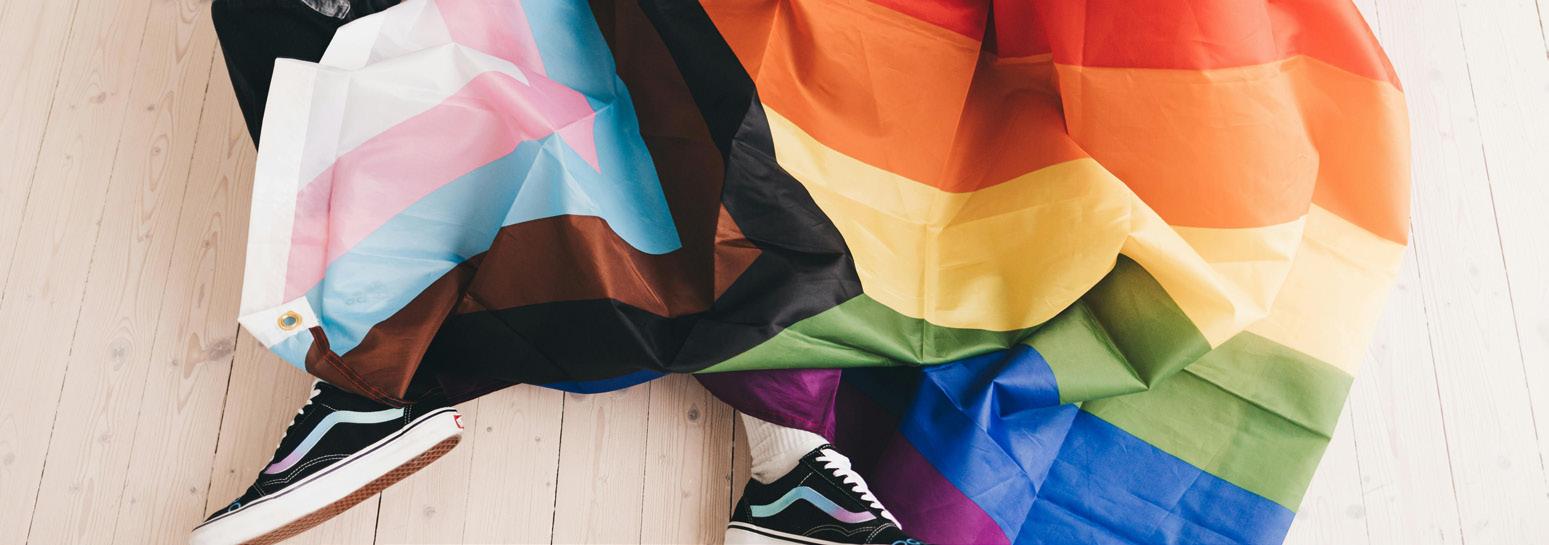
you, queer?
the word ‘queer’ were entirely negative - teenagers trying to hurt deliberately but my small town at 18. I didn’t come out as gender-non-conforming until sometime in twenties. many times people say, “Don’t label yourself”, wanting to have the vocabulary to relate the world is perfectly understandable and human. yourself bisexual was transphobic and true trans allies are pansexual, so I went with that nuances of identity. I am attracted to people because of their specific bodies and personlanguage, the one that I rely on so heavily as a writer, had failed me in this regard. People who allowed me to change my mind and develop my opinions. I was able put it down again. We should all be so lucky. body dysmorphia and was in some way related to my own internal gender struggles, I many of the traditional definitions work for me. Once again, I learned a bit more and an identity in itself but also an umbrella term for other labels. and it was like the scales fell from my eyes. It just means generally gender non-conwith authority – why should gender be the one place where I conform? the word ‘queer’. Traditionally meaning ‘strange and weird’, its use as part of a comwas a bit of a revelation. of bisexual or pansexual when the word queer was right there? Its meaning is ama defined label onto something that to me, has always been a matter of fluidity and case-by-case decision-making? there was a free-text field for each gender and sexuality. As someone who has previbut when I did, I went right ahead and slammed the word ‘queer’ into both fields. than I had in years. felt like I had found the right corner of the LGBTQ+ lobby to stand in. me generalise in ways I don’t like. People who don’t have a lot of LGBTQ+ people in again. Some take it with grace. Others less so. When something is used as a weapon against you for a long time it’s hard to see that a building as well as destruction. fall into the trap of not considering myself as ‘trans enough’. I don’t have any transieasily as cis so imposter syndrome is as much a part of my identity as being queer. It’s I live with.
much more deliberate than it was for me. In my case, it was an accidental, stumbling point – I just think it’s important to realise that as humans we grow and learn and in our minds and how we feel about things. queer, but now I’ve arrived here, I find it suits me very nicely.
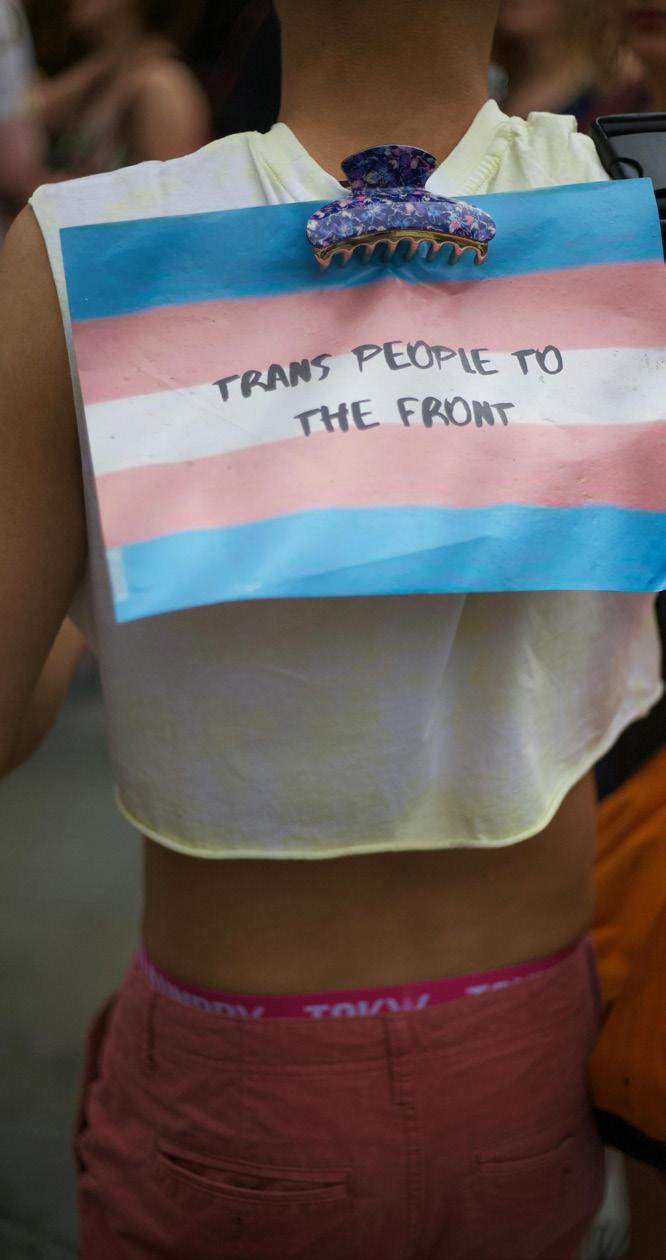
“I finally felt like I had found the right corner of the LGBTQ+ lobby to stand in”
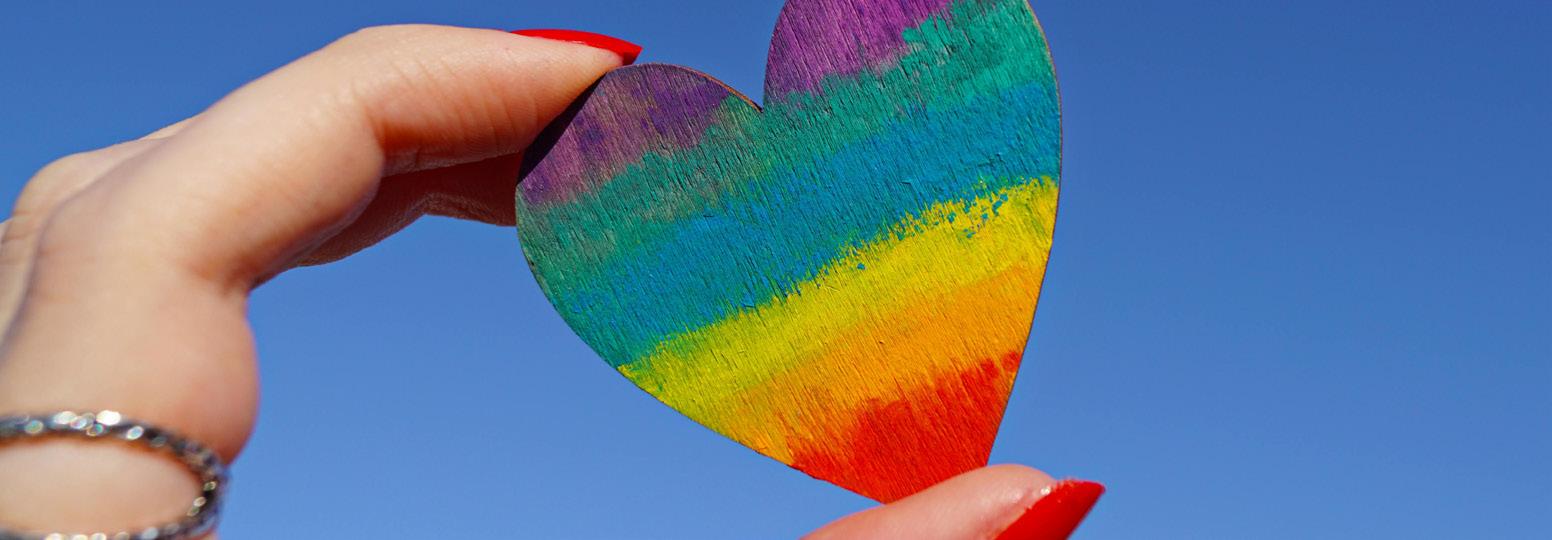
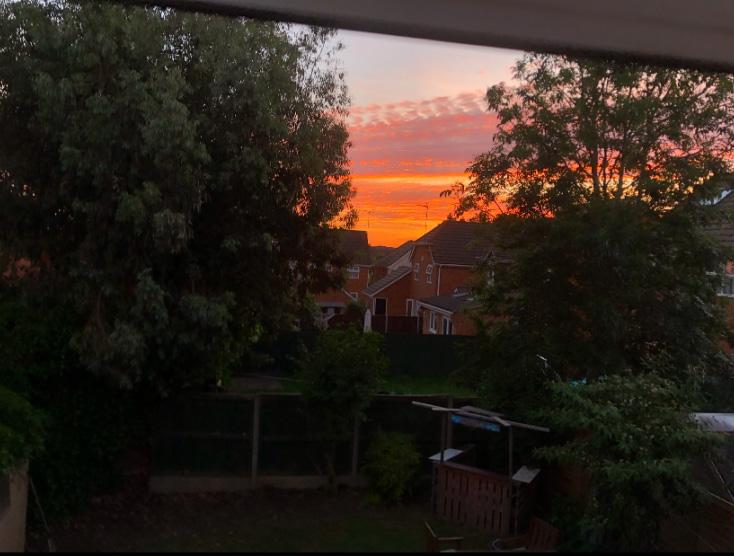
Image by Kerry Lloyd
“I WAS LEFT REELING IN THE WAKE OF THIS CHANGE”
The place a person grows up in hoards memories – the first step, first day at school, first friendships. It forms the person you become, moulding your identity around every experience it provides. So, when the place you call home suddenly becomes something you visit once or twice a year, it leaves you struggling, grasping onto the person you once were whilst desperately trying to figure out your identity away from home.
“MY IDENTITY IS EVOLVING AS I GROW”

I spent the first eighteen years of my life in a little market town called Thrapston in the East Midlands. The summer before starting university, my family moved to Scotland, leaving behind our life in England. Despite having known about my parent’s desire to move for years, it still felt like a punch in the gut when it actually happened. All of a sudden, their trips to view houses turned into something real, the house that saw me grow up sold to another, and I was left reeling in the wake of this change.
A new low for me is crying, drunk, on the porch of my old house the day my family left for our new home, trying desperately to get in because it’s my house, my home.
It’s nearing two years since I’ve lived in Thrapston, and I still feel a sense of displacement. There were only a few months between moving houses and starting university, so I never really had the time to feel settled, leaving me floating untethered through life, unsure of how I fit into my new ‘normal’.
I have found myself falling back into habits and interests I held when I was young in an attempt to stay ‘me’ – rereading books I liked as a child, watching movies and shows my Mum and I used to love, listening to music friends introduced me to. I regress into daydreams about childhood pets and old friends. Everything I seem to do has a connection to who I was in my hometown.
How do I continue being ‘me’ without retreating into myself? This is a question I still have not found the answer to, and it leads to extreme feelings of loneliness at the most inopportune times.
For most, the Christmas break from university means returning home, to friends and family and familiarisation. For me, it means loneliness as I wait desperately for the one week I am with my friends back in our hometown for New Year’s. Only for the fun to leave as I step onto the train ‘home’, the familiar feeling of longing taking its place.
This is not to say it is all bad, my new house is in a beautiful location, my parents are happy, I have my brother still living with me, and my pets love it here. Most of the time now, I am content with who I am here, but there are still those moments where I wonder what life would be like if I still lived at home. What would I be like? Would I be happier? It is not good to dwell on the ‘what-ifs’, I know this, but it cannot be helped at times.
I suppose there must come a time when the life I had in my hometown must weave into the life I lead now, a time when I stop clinging to the past and appreciate what I have now more fully. The adult I am becoming cannot be stuck trying to revive the childhood that preceded it. The clean split between childhood and adulthood can be found in the move from Thrapston to Scotland, and it is becoming clear to me that my identity is evolving as I grow, that the intense feelings I harbour for my hometown may just be me holding onto childhood with everything I have.
While this may be true, I do still believe that a person’s hometown is a large part of their identity, which it makes leaving painful. Figuring out who you are outside of it is difficult and it hurts, but it is necessary for everyone.
Who am I outside of my hometown? It’s simple, I suppose. I’m me, but slightly different.

“I DO STILL BELIEVE THAT A PERSON’S HOMETOWN IS A LARGE PART OF THEIR IDENTITY, WHICH MAKES LEAVING PAINFUL ”
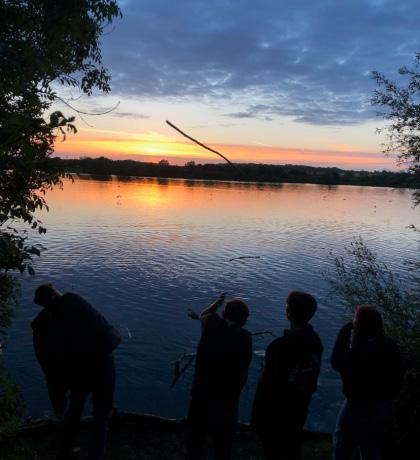
“Explaintheformationofanarête.”
I stared at this question for a good 10 minutes when sitting in my exam hall for Higher Geography. I couldn’t focus when I could hear every tick of the clock or every time papers were turned.
My mind was stuck on one thing: my autism diagnosis.
It was probably not the greatest timing to be diagnosed a week before S6 exams, but what is done is done. From the little research I did about autism – research that I did instead of studying for my exams – I concluded that my brain was different. Up until I got diagnosed, I knew I was weird – I embraced being weird, in all honesty. But now that there’s a stamp on my record that said: you’re not just weird, but autistic.
Sitting in an exam, the only sound being the clock ticking and papers turning, led to my mind going overdrive thinking about my diagnosis.
Do you struggle with maintaining eye contact?
Do you understand social cues?
Do you stim? Do you have special interests?
BY SARAH

Question after question was ping-ponging around my mind from my diagnosis interview – 20 minutes passed and I didn’t even answer the first question in my geography exam (spoiler alert: I failed that exam, shocker).
I don’t blame the timing of my diagnosis for my bad exam results – I was already a lost cause by the time my exams started.
I was a model student before COVID-19 – I got all As in my prelims for National 5s, studying all the time, going to study groups, socialising with my friends…Then the first lockdown happened; exams were cancelled, life was changing rapidly, people were getting sick and dying.
At some point, it got too much to handle and I shut down.
I stopped talking to my friends, stopped studying, and started getting irritable – at the time, I didn’t see the point in doing anything and felt tired all the time. I wasn’t diagnosed yet, but this was an autistic burnout.
When I got back to school after the lockdowns, I was completely different – I barely spoke to anyone, couldn’t pay attention in any of my classes, I snapped at people more.
I had no energy anymore to perform. Or in other words: mask. Eventually, the teachers contacted my parents for a meeting about this – near the end of S6. It may have been 2 years since I’ve been in secondary school, but I’m still a little angry it took them that long to help.
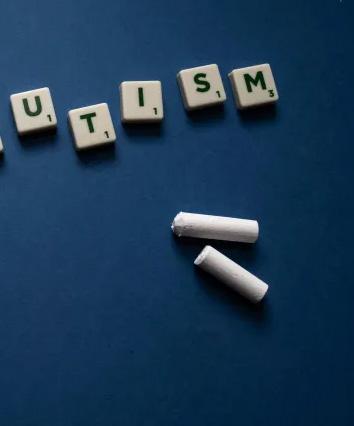
Throughout my life, I have been independent. I hated asking for help or accepting help – mainly because I viewed it as a flaw to ask for help. It was as though asking for help was screaming to everyone that I was useless or stupid. I didn’t realise how harmful this mindset was until I was drowning. When I was struggling with school and even emotionally, I didn’t ask for help or accept the help others were offering to me.
When my mum suggested I might have autism to the teachers (and student support) when she was contacted – I took it as a personal betrayal. Why wasn’t I diagnosed earlier? How long has my mum suspected I had autism? Was she never going to talk to me about it? How come did I not figure it out?
My mum started looking into me getting diagnosed – I wasn’t really concerned about it; I was just following her lead with the diagnosing process. Once I did get diagnosed, I was able to get a support worker – the reason my school had the meeting, was that they were worried about what would happen once I left school – that helped me with getting out of burnout. It took some time, but I improved with this help.
During the 2 years since I have been diagnosed with autism, my mindset has changed completely. I have changed with the help I’ve received and support – I don’t struggle like I used to anymore.
I wouldn’t have come to this point without acceptance. If I hadn’t accepted the help (like a younger me would have) I would’ve never got out of burnout. I would still be struggling (and I wouldn’t be in university that’s for sure).
In a way, my identity hasn’t changed much – it’s not like the autism was added to me, it was already there. The only difference is that I know it’s there now, and I have the understanding now to support myself. I would like to think that my younger self would be proud of me – sure, they won’t recognise me (especially since my hair has been dyed green), but they would like who they see.
We are the ones
You step off a plane, heart thudding, head buzzing with new words and rules, some unspoken, some learned the fly over your head (even though you’re supposedly fluent). When you’re an international student, it’s not just There’s a rush in the air, but also that unmistakable pinch
We signed up for the confusion, the stumbles, and those hilarious language mishaps that become comedic gold “These foreign students are… weird.” And we are. Our oddness comes from a kaleidoscope
We’re cultural chimeras. One day, you’re praising a pint of Guinness, and then your taste buds cry for a tangy home. Crisp, cold air might invigorate you, yet you
Food is just the start. The real quake hits when words fail emotions. Think of saudade, Portuguese for a longing outlive a loved one. Then there’s rè nào, the raucous, joyful atmosphere in Chinese.
Once you’ve tasted this cross-continental life, you never fully belong anywhere again. You’re forever a shapeshifter you unravel part of your original one. Friends might Yet in this swirl of displacement, you form a magical bond with other international students. Spot someone with you get each other in ways you can’t fully explain. A glance might say, “Yes, I just
Yes, it’s overwhelming. Homesickness gnaws at you, especially when messages arrive from loved ones in faraway in this not-belonging, there’s
Gradually, you piece together a new identity: a patchwork of tradition and reinvention, your mother tongue behind and new ones discovered. It’s exhausting, but liberating, Locals might still squint, wondering what planet you’re from. Back home, you might now even be “the foreigner.”
There’s a bittersweet wonder in belonging
So, whether you’re an international student feeling the thrilling, terrifying weight of newness or a local astonished
We are the ones who
BY RAFAEL
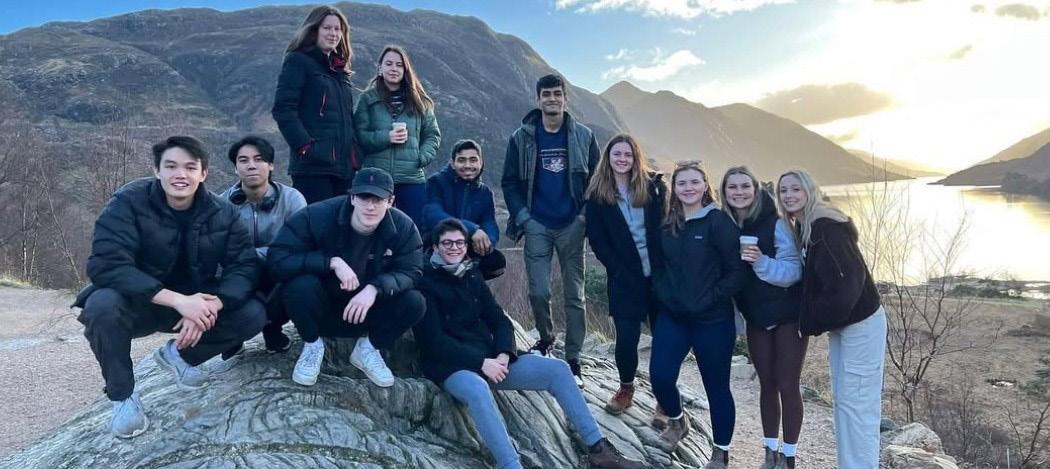
ones who don’t fit
the hard way. Maybe you stare at signs in an alphabet that once looked like code or overhear conversations that just crossing borders; it’s entering a parallel dimension where your entire sense of self feels thrillingly unsteady. of “I do not belong.” And guess what? We chose this path.
gold in group chats. We volunteered to be too loud, too shy, too friendly, too aloof. Ask any local and they’ll say, kaleidoscope of experiences that simultaneously baffle those surrounding us and friends back home. tangy caipirinha. Next, you’re surprised by a steaming plate of haggis but miss the aromatic garam masala from still crave the warm 19:00 sunset of your hometown.
longing much deeper than “homesick,” or Arabic’s ya’aburnee, that unbearable love that ache of not wanting to Chinese. So many feelings swirl in so many languages that your brain short-circuits.
shapeshifter with mismatched socks: one from your new home, one from the old. By embracing a foreign culture, say you’ve changed; locals might call you an outsider. with that wide-eyed, panicked look, and you connect instantly. Even if you only share a shaky second language, just battled local bureaucracy too.” It’s a solidarity that runs deeper than words.
faraway time zones. You crave your Oma’s (grandma’s) cooking or old friends who know your jokes by heart. But there’s a fierce sense of becoming.
tongue and adoptive slang, exotic spices and local flavours. You’re an alchemist, forging a new soul from homes left liberating, leaving the usual opens endless possibilities. foreigner.” But now you carry multiple points of view within you, a giant with many voices, tastes and identities. belonging everywhere and nowhere at once.
astonished at our quirks, remember that we’re a chaotic tartan mix of all our journeys, something gloriously more. who choose not to fit.

A conversation about city living arose between my partner and I at the dinner table recently. Whilst I enjoy being in the city as a student, in the heart of people and events, my partner had a more reflective outlook on the situation. Despite both of us being raised in the countryside, it seems to have left a bigger mark on him and his inner identity.
I asked him to explain to me why living in the city is so stifling. What I heard was a profound exploration of his inner identity and the impact of nature on his personality and soul.
Here’s what he told me:
“I love nature, but since moving to the city centre I’ve found it harder and harder to find the time to enjoy nature. This makes me feel as though life is slipping away, and I’m not making the most of it.
I wasn’t born to live in concrete walls, I was born to live in symbiosis with the environment around me. This is very hard to achieve in a city centre.
In nature, I feel a sense of adventure. I don’t tend to worry as much about assessments, deadlines, and work, my eyes become opened up to the bigger picture of life. It makes it easier to open your eyes to see where you’re going, instead of where you are.
When I’m trapped in the city, I feel very claustrophobic. Nature is ever changing, whereas in the city I’m stuck in the same routines and stimuli. There’s very little chance of anything exciting happening, like finding a grand Stag or a buzzard landing in front of me. Instead, I get spat at for looking a bit camp or finding a fresh puddle of sick on my doorstep.
In the city, my sense of self gets further from me. I find it harder to see where I’m going. Life, and the legacy I want to leave behind, become further from me. Whereas being in nature I get a sense of hope, that I can be happy and have the life that I want. Society can’t dictate how I live my life out there with paychecks and pensions. In the country, you’re able to be a bit more ‘you’. You’re temporarily away from that expectation of society, it’s more harnessing the sun, making your own energy, and growing your own food, rather than traipsing around Aldi and arguing with OVO.
My personality and potential become muted in the city, whereas when I’m out in the countryside I am liberated, hopeful, and have the space to be myself. The potential for adventure can be found there, and that’s what I want in my life.”
He was born to be feral and wild, in the trees and the seas of the West Coast. You can’t change that inner part of someone’s identity by sticking them in a block of flats and hoping for the best.
BY ALICE POLLARD
(in conversation with Adam Robertson)
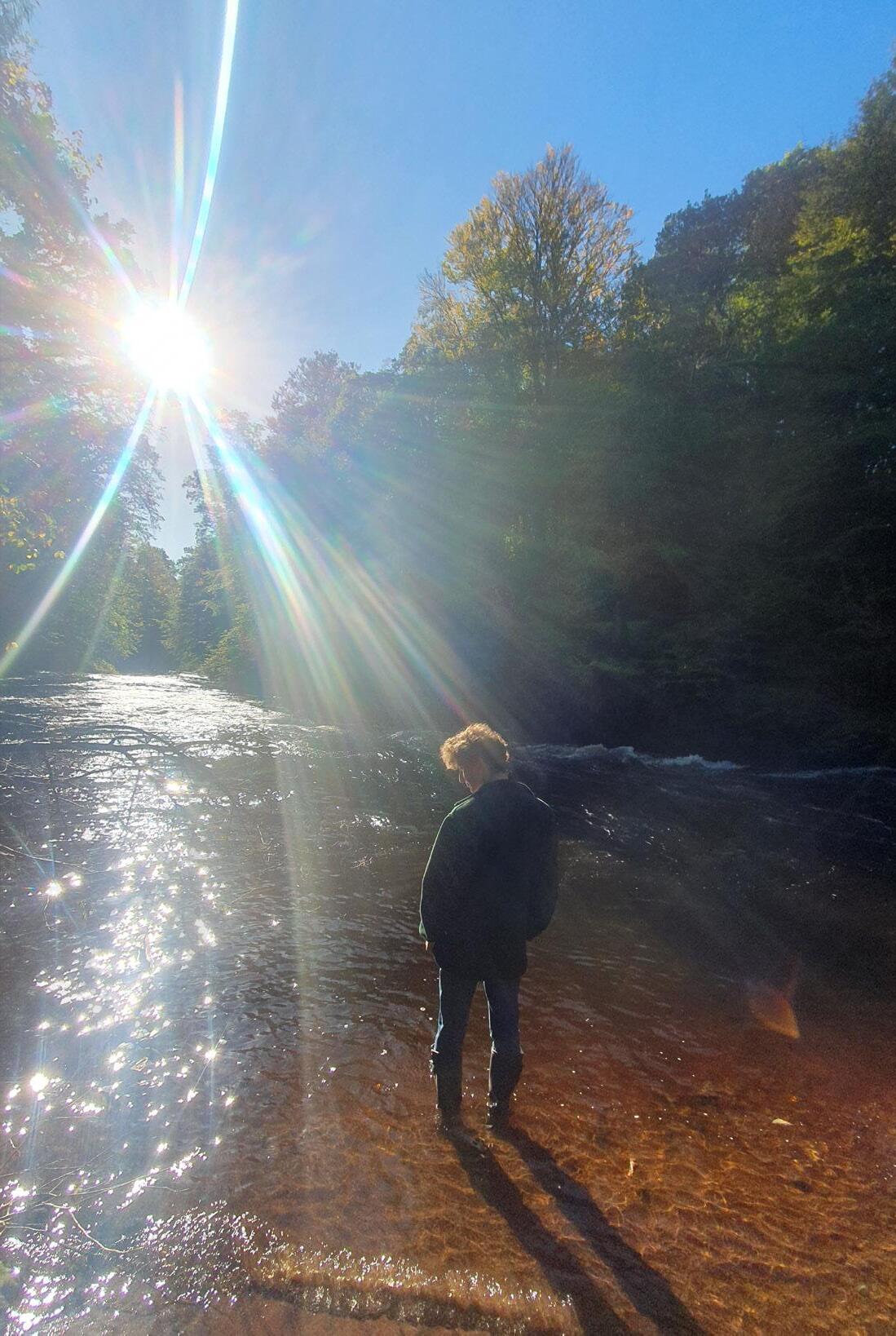
“NATURE IS EVERCHANGING, WHEREAS IN THE CITY I’M STUCK IN THE SAME ROUTINES AND STIMULI”
“MY PERSONALITY AND POTENTIAL BECOME MUTED IN THE CITY”
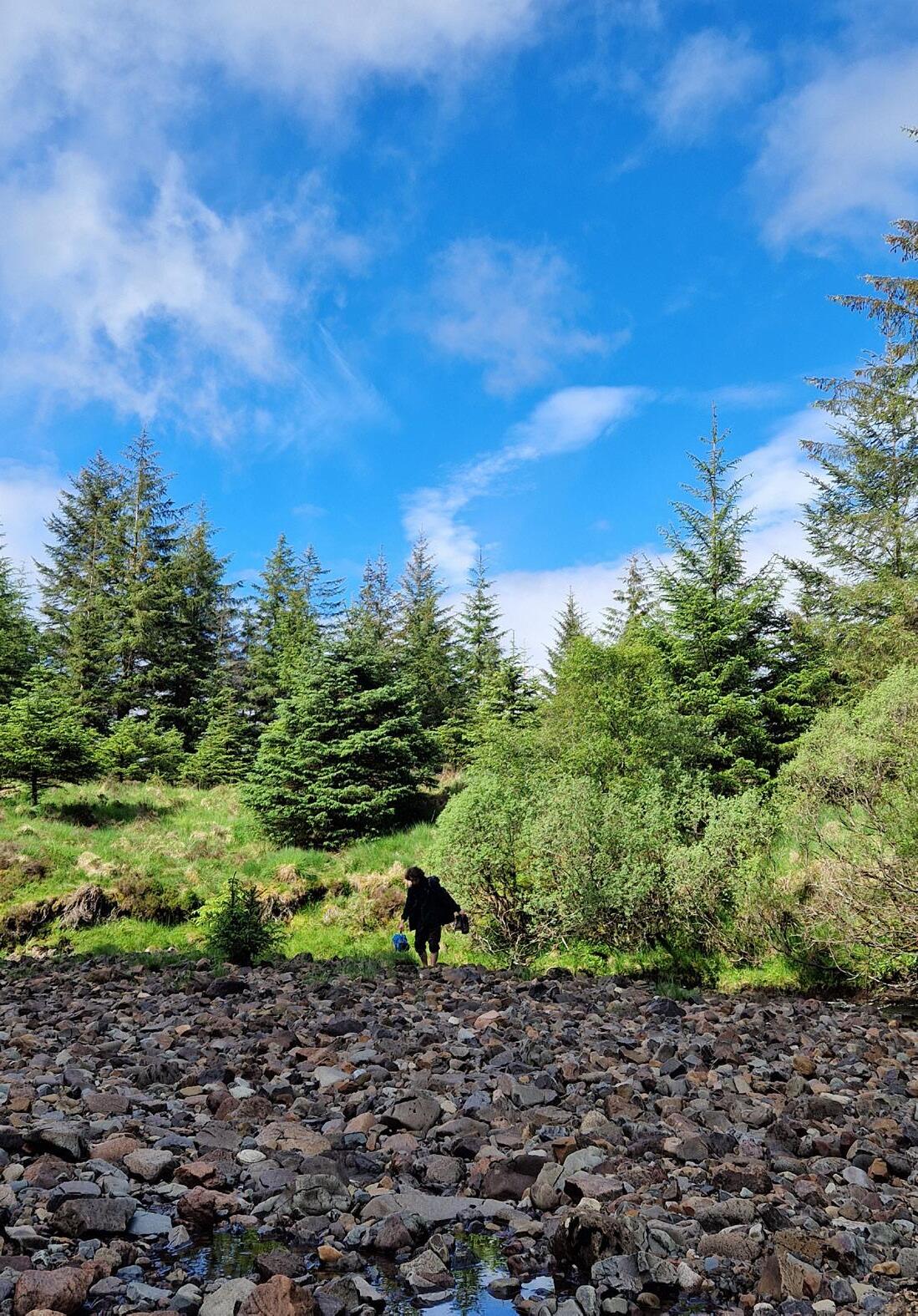
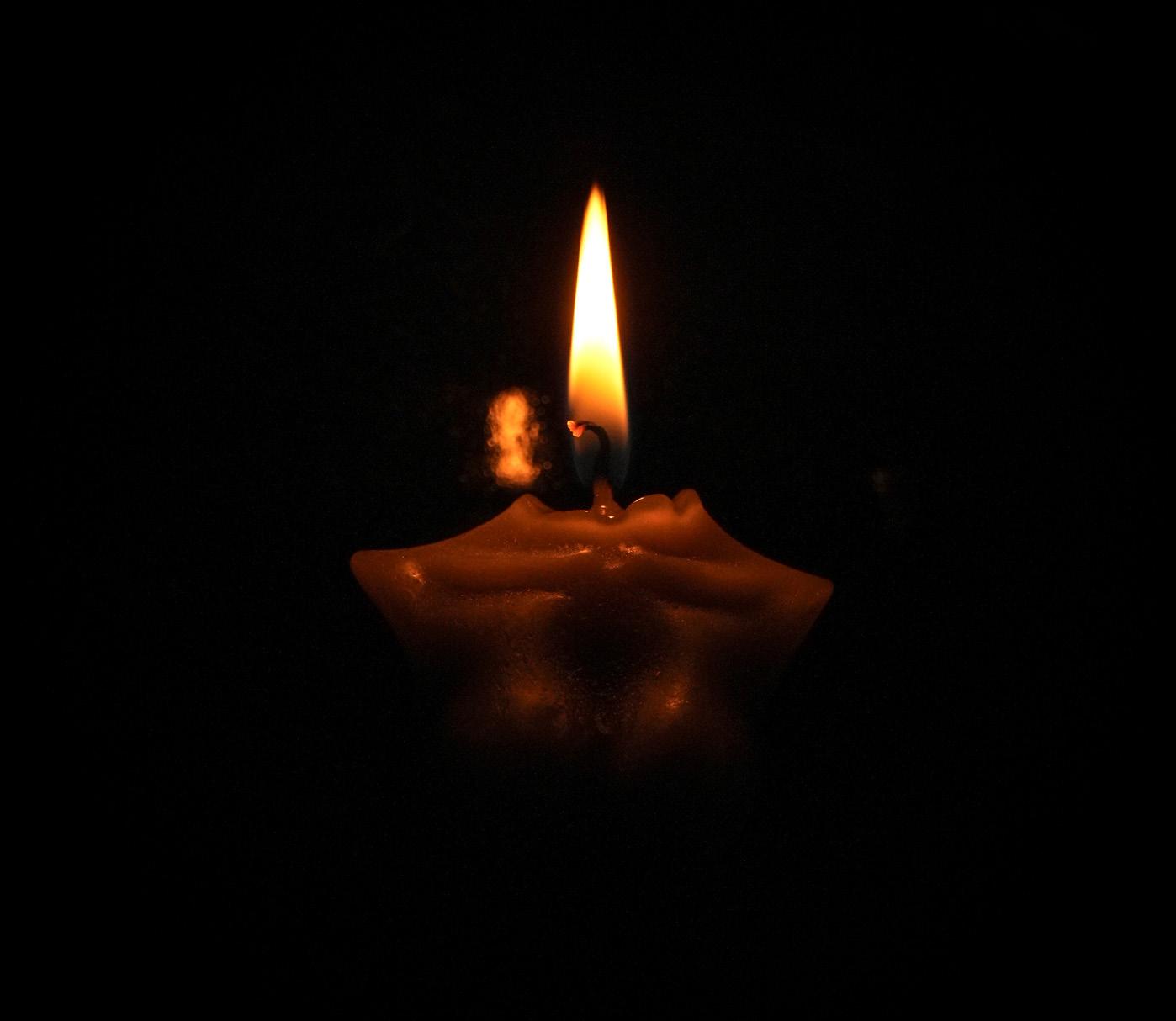
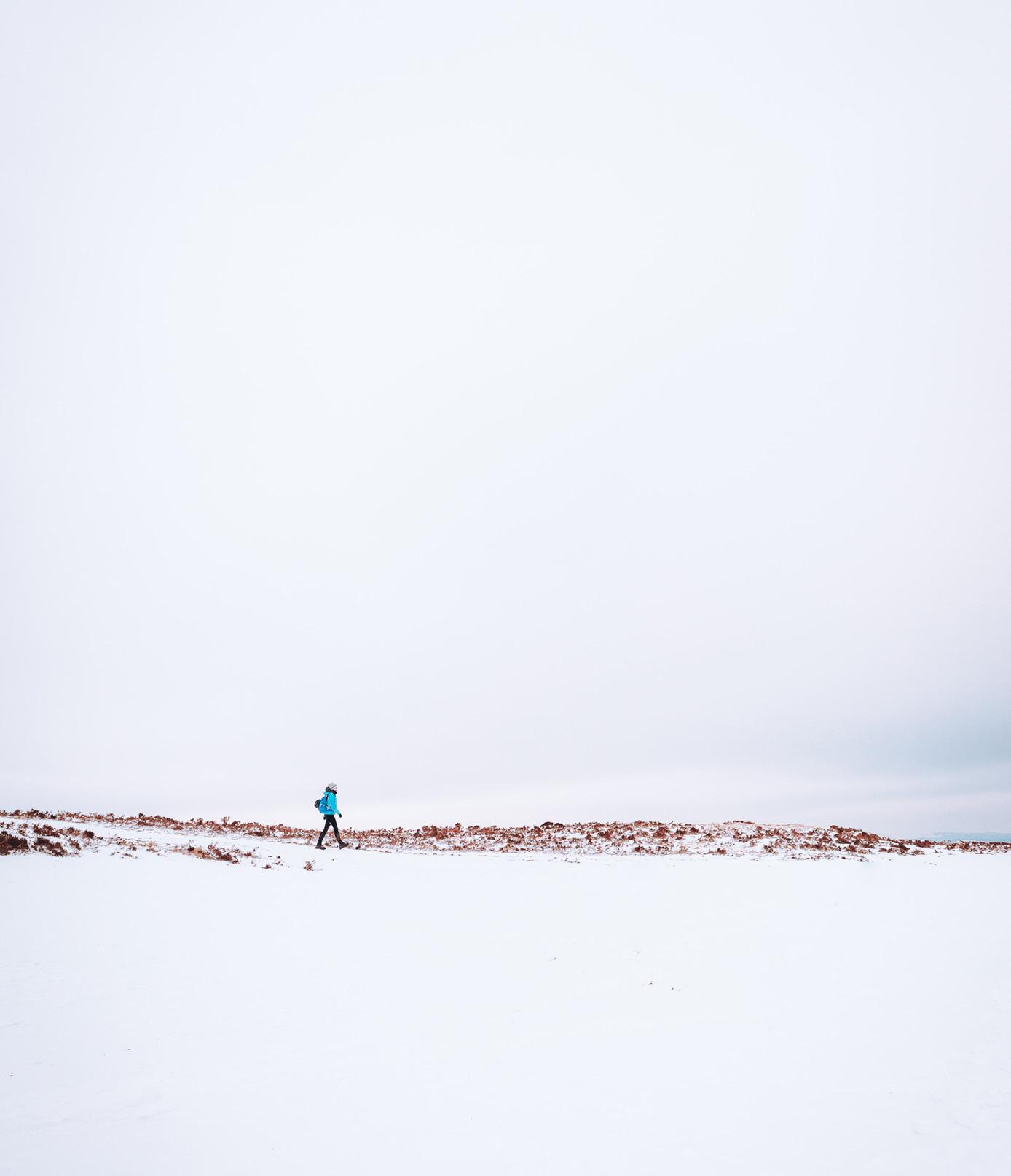


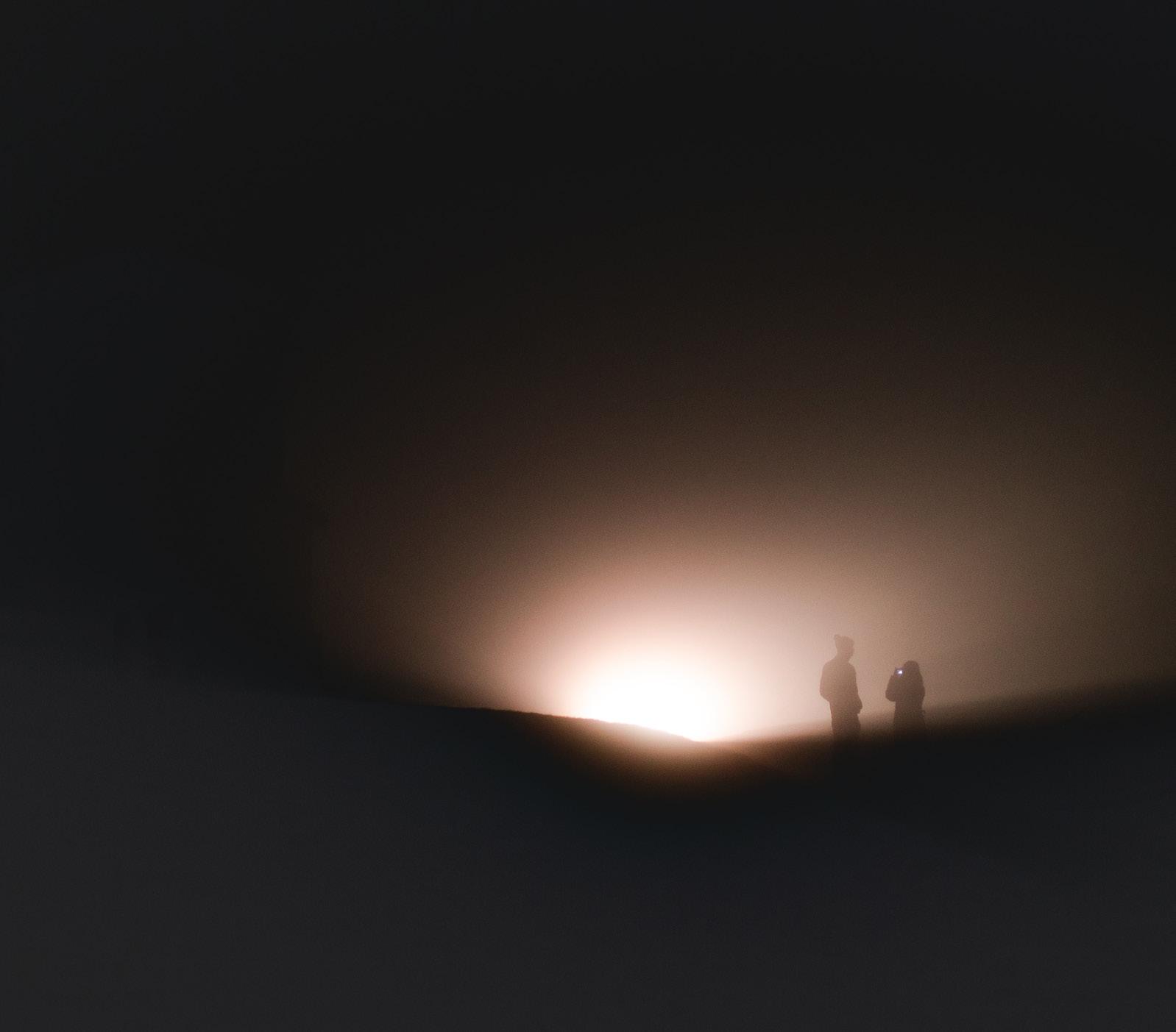

BY ELLIOT JOHNSTON
What is the image that comes to your head when you think about ADHD? A load of annoying little boys that can’t sit still perhaps? Or maybe someone that’s keeps wondering so they have a million half-finished projects on the go? What about someone who can just never hold onto a thought enough to push through and start it? Well, that’s the thing about ADHD, it can be all of the above. It can be a void in which no thought dare sprout just as easily as it can be everything, everywhere, all at once. However, the one thing it is consistently is frustrating.
Picture this, you have a project you want to do and you have a million and one ideas for how to do it. Great right? Wrong! Well, kind of. It’s complicated. See while the barrage of ideas can be brilliant as you’re hit with so many ideas and you also have so much energy and drive and you feel like you can do anything while you also feel like you’re on such a high of happiness but then they can also cut each themselves off, cannibalise each other and snuff out the best ideas with a torrent of randomness and before you know it BAM! The flow is gone and you’re left lying there like a shell-shocked soldier alone in the trenches. Then comes the fog and it can be crushing. All the momentum and energy you had is gone. Only the fog is left.
The ideas? Gone. The energy? Spent. Momentum? Vanished.
That’s not to say you won’t ever be able to get anything done while you are in the fog but it won’t be much and whatever is done will not be satisfying - you can often find that no matter how much you get done you will not be satisfied with the work. Whenever I’m in the fog like this (an increasingly common situation of late) I spend so much time just rotting and futilely attempting to get my brain to do anything. Any real work done seems so minimal in comparison to the amount of time spent rotting. The lack of drive and shattered attention span are endlessly frustrating and can crush your self-image, making you feel incompetent and useless. You can barely keep yourself alive - never mind productive.


“WHEN
Documented cases of ADHD have been skyrocketing in recent years causing many, particularly older, people to claim that the rise in diagnosis is simply a trend and that social media is just convincing people that they have ADHD but really they are just lazy and unmotivated and unwilling to do the work.
This is bogus, poppycock and drivel.
The reason diagnoses are trending upwards is because we now know so much more about ADHD. The reason so many people claim to have ADHD without a diagnosis is because of how under-resourced the NHS mental health services are. Not only do we now understand the condition more but we also largely accept it more leading to people being more willing to vocalise and identify with it.
Just like with queer identities, and left-handedness before it, when society stops persecuting people for something, a lot more people will identify with it. This leads to a spike in cases that is, in reality, just a spike in acceptance and identification.
ADHD is a complex condition to live with, both personally and with loved ones. It can be absolutely brilliant and incredibly fun to experience - a super chaotic burst of energy, provided you don’t break anything, but then comes the fog, it always comes, and all that hope and energy is swept away leaving you just frustrated by your own brain. Perhaps medication would help - but due to how under-resourced the NHS is that is unlikely to happen for most people. This just leaves them trapped in this never-ending cycle.
The best we can do is enjoy the fun bursts, prepare for the frustration and know that while it will return again, it will pass in time. These struggles don’t need to define you unless you let them.
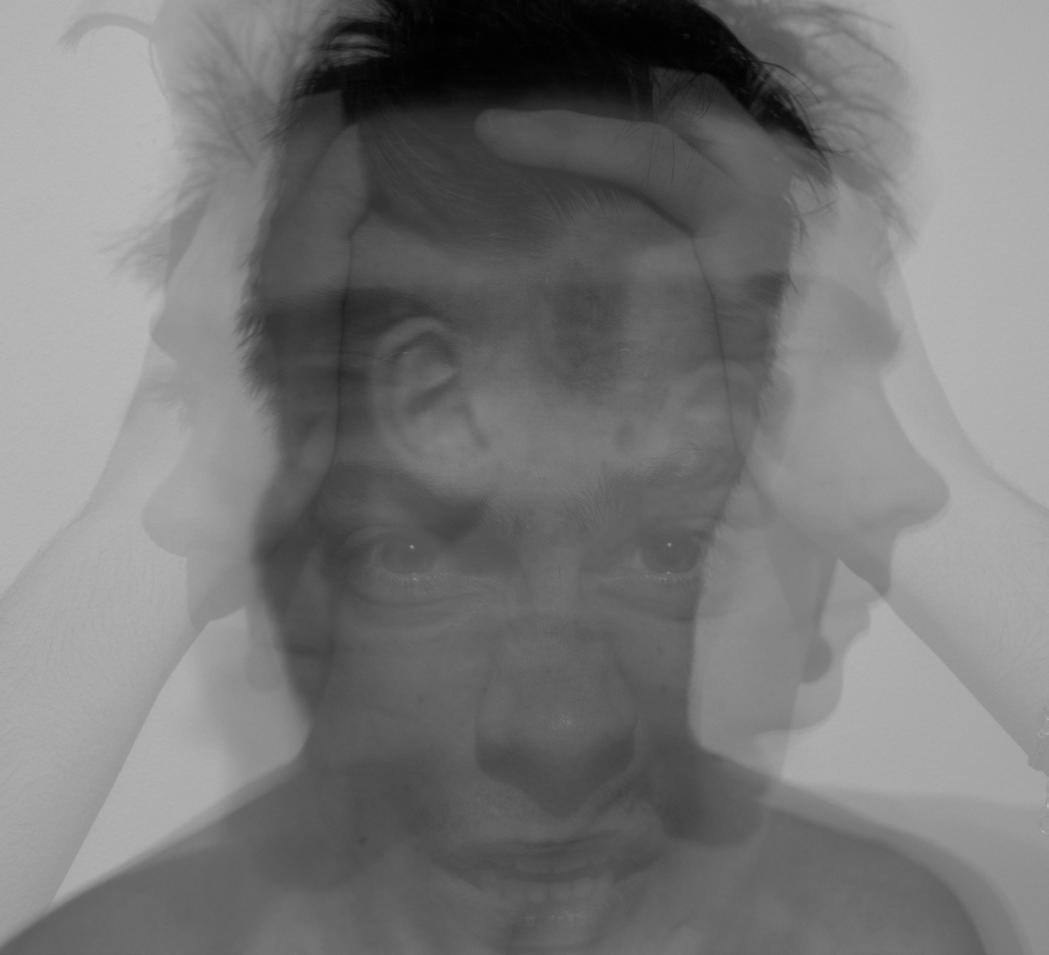

I’m a great believer that pictures do in fact tell a thousand words. Looking back through my camera roll helped me to my pictures was all about the things I deeply adored. I remembered with each picture I looked through how
Although all the photos below are faceless I do feel like you can tell that I am surrounded by people
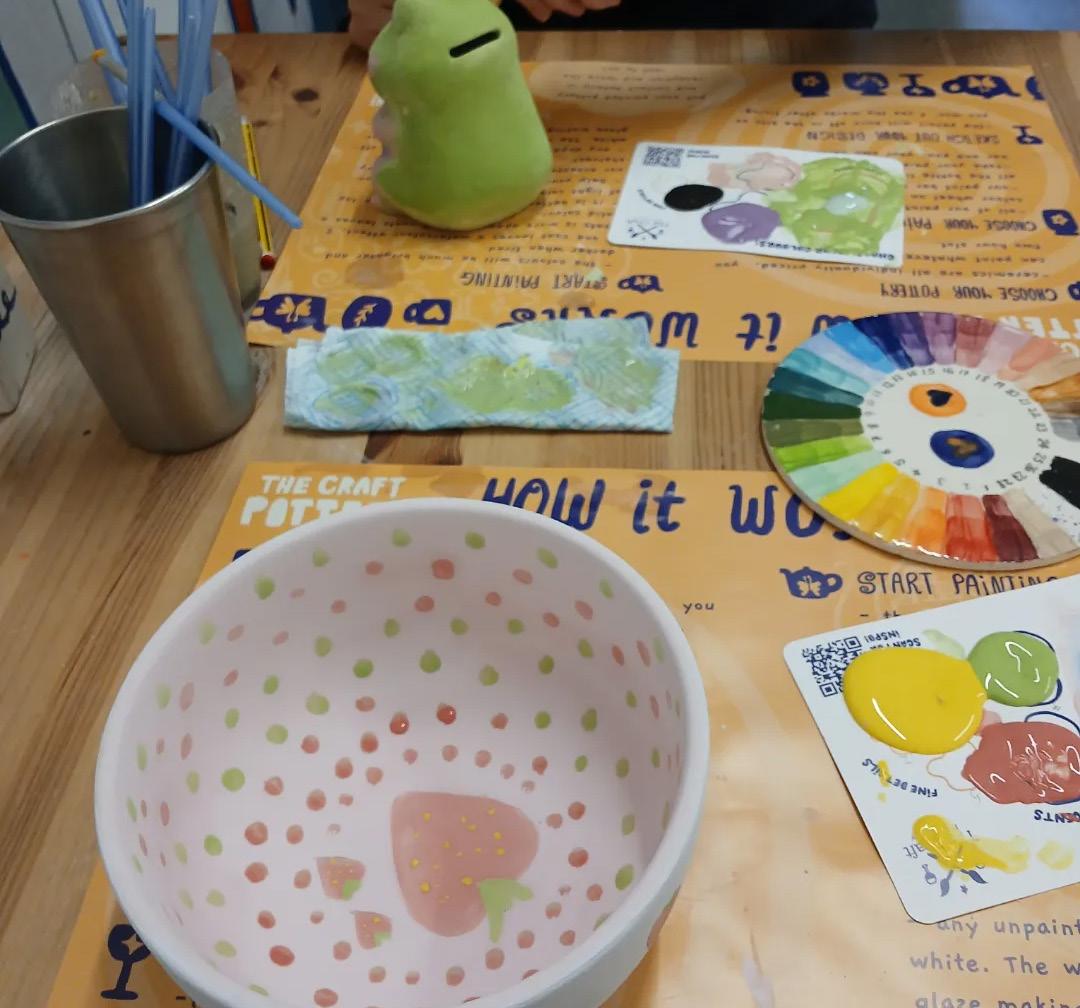


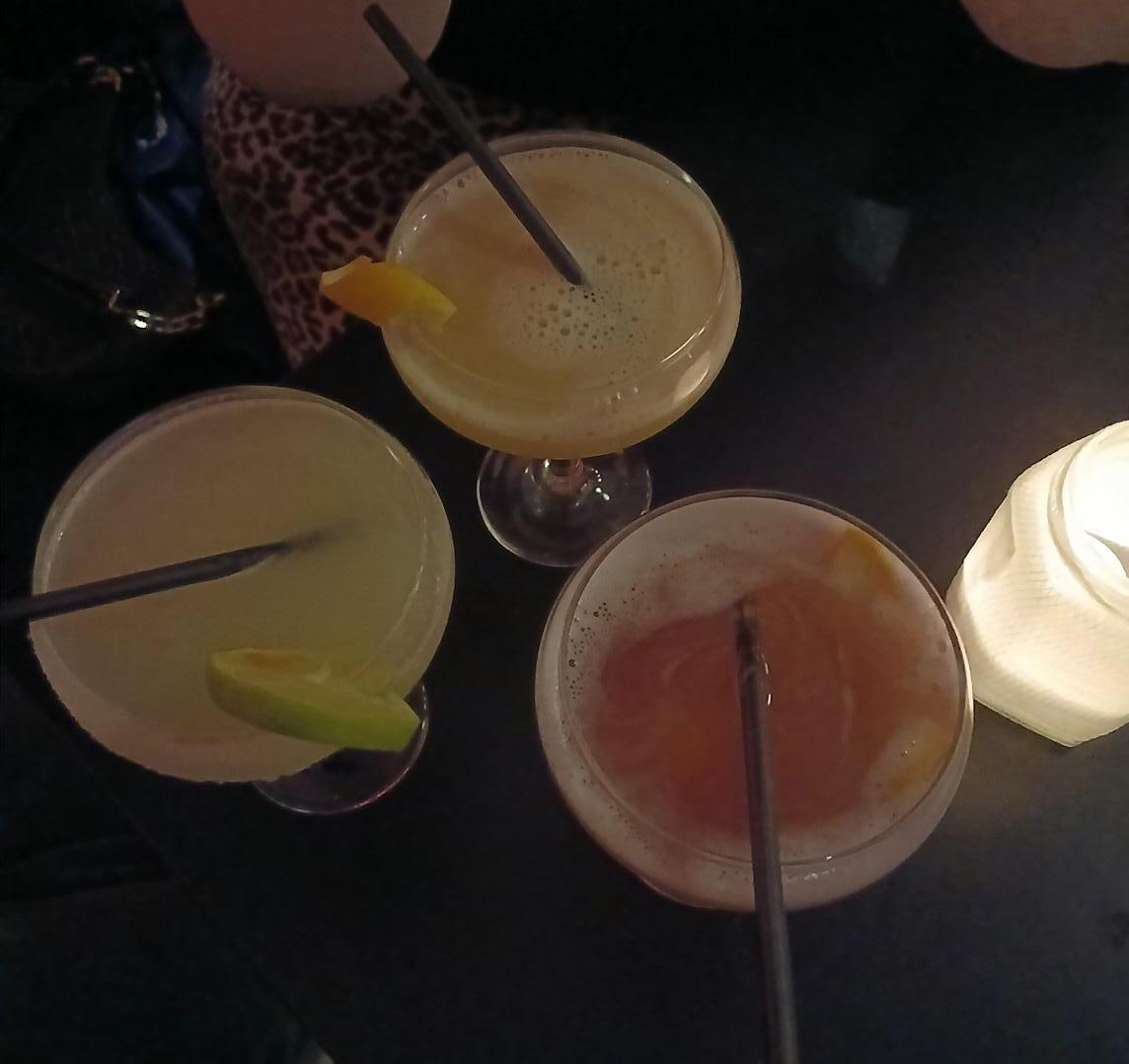
BY MURRON
to realise that each photo felt like it was telling my story, who I am and what I like. I felt like the theme going through how at home I felt in all of the moments pictured, even through food, concerts and a range of other activities.
people that adore me as I adore them and I think that’s the beauty of the pictures I have chosen. are my home.

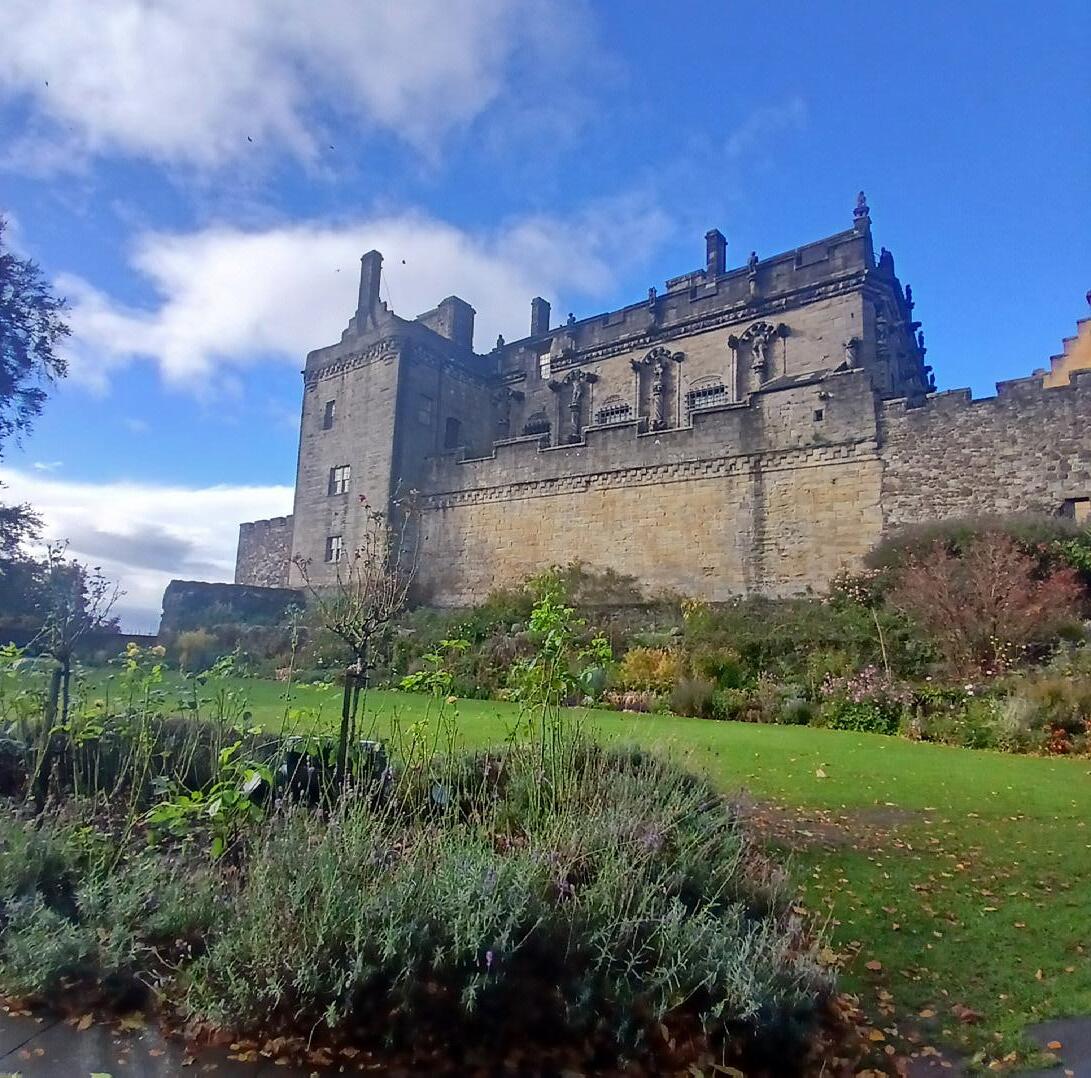
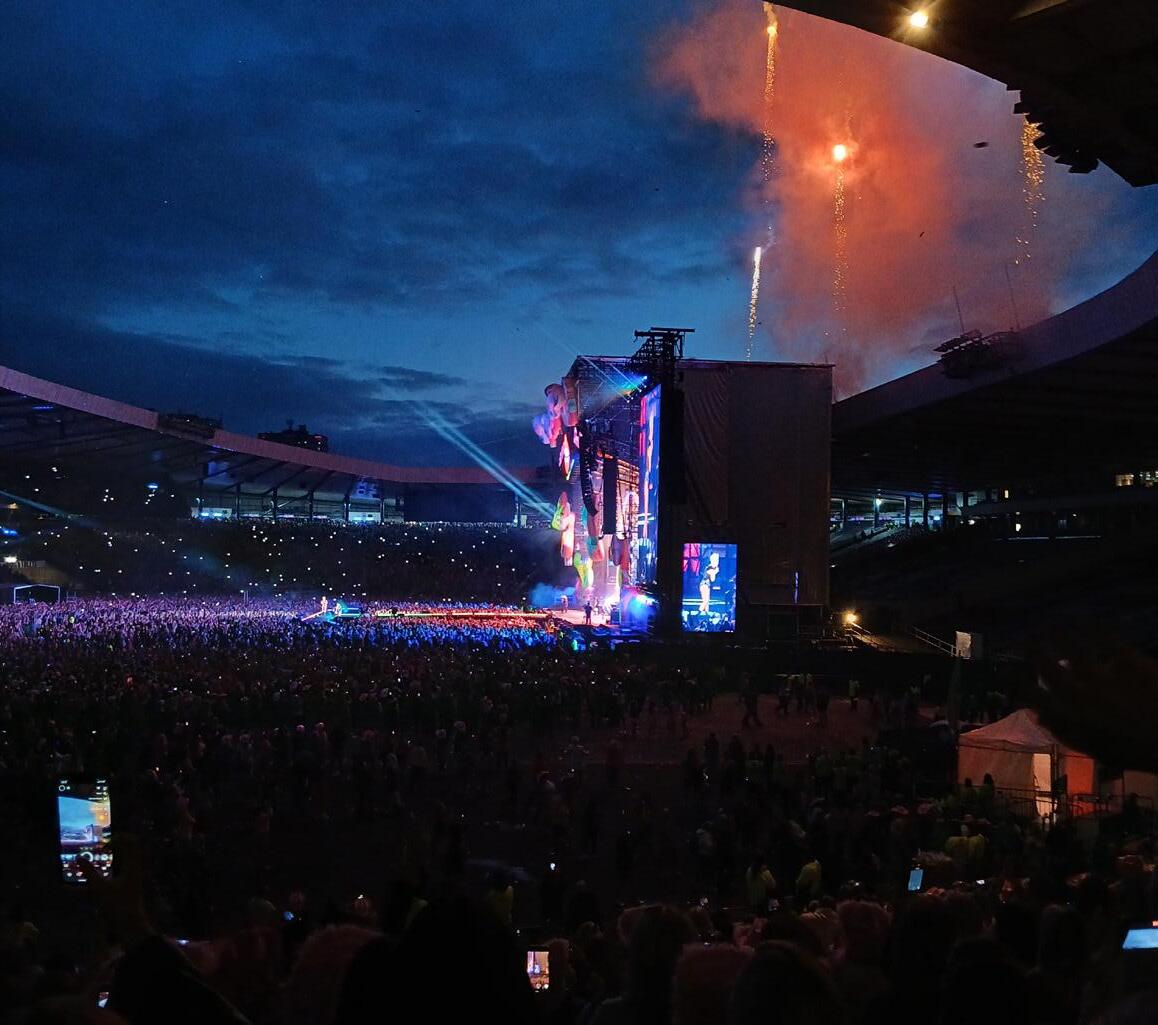

“MOVING TO SCOTLAND CHANGED EVERYYTHING. EVEN PANTS AND TROUSTERS”

“I DON’T WANT TO CHANGE HOW I SPEAK”
When I first moved to Scotland, I didn’t expect to struggle with day-to-day language. Sure, slang would be different – but that’s expected and something I was ready for.
I wasn’t ready for pants to mean different things in Scotland and South Africa. In South Africa, pants are what trousers mean in Scotland; however, pants in Scotland mean underwear.
As you can see, I had a couple of embarrassing conversations when I first moved here. This wouldn’t have been as big of an issue if I wasn’t stubborn. I don’t want to change how I speak – especially with something I considered silly.
“Pants don’t even make sense!” I said this often. I tried to argue with anyone who would listen to me that pants don’t match with the word underwear –hence, why it didn’t make sense.
In my mind, I was right and everyone in Scotland was just wrong. I was a very stubborn 11-year-old.
Eventually, I gave up on saying the words my way. It was exhausting to try and even explain why I did this – and awkward when people assume I’m talking about underwear in a conversation that’s about trousers.
Looking back on this quite frankly hilarious thing I did, I just feel sad, because I can now see that I was gripping onto something I saw as part of my identity.
I already had to give up on speaking slang because no one could understand what I was saying. Now I had to give up on saying words that I thought I got to keep – well, not really giving up on the words themselves, but the “original” meaning of the words.
I struggled a lot with moving country. I don’t like change and moving to Scotland changed everything.
Even pants and trousers.
BY SARAH DE BEER
I’ve always been somewhat of an artist. Afternoons spent in my Nana’s kitchen playing with her watercolours turned into advanced art classes and shoulder aches from hunching over a canvas for hours at a time. It made me reflect. My brain got the chance to go quiet and think about nothing but shapes and colours.
In a way, painting and drawing became meditative. Personal reflection came naturally, pouring onto the page with the colours, given a new channel that I didn’t initially recognise. I was never a perfect or particularly good artist. My art has always been with a hint of mess and muddling, but it was the process that mattered. The quiet in my brain, the reflection on who I was.
Identity revealing itself through art does sound infinitely tacky and cliche, I recognise that. But it’s a cliche for a reason - what is art but self-expression? If identity didn’t play a role in creation, then what’s the point? Everything would look the same, and everyone would interpret art without individuality and experience coming into play.
They say a picture says a thousand words, and it’s undeniably true. You look upon a painting and you feel what the artist felt, you see into a private part of their soul that the artist has spent years of craft and skill to unveil, just for you.
When my Nana passed away, I inherited those same watercolours that I grew up painting with. Whenever I opened them, the smell whisked me back to her kitchen of roast potatoes and lilies. In the initial months after her death, I always thought she was so close when I painted. Watching to analyse my colour choice, to ask if I wanted a drink. If art can bring back lost loved ones, then there’s nothing more important. I still have her paintings, safe and loved. Her identity gets a chance to live on through her art, beyond her death.
It doesn’t need to be good. It doesn’t need to be a masterpiece. It can be a splodge of colour, a scrawl of graphite, a hodgepodge of acrylic and fine liner. It doesn’t matter - what matters is how you see yourself within that creation. What does that creation reveal about your own identity? How do you see yourself now? Who are you, how are you, what are you…art is a way of saying what you need to say without ever finding the words.
So go, pick up a pen. Who are you?
BY ALICE POLLARD
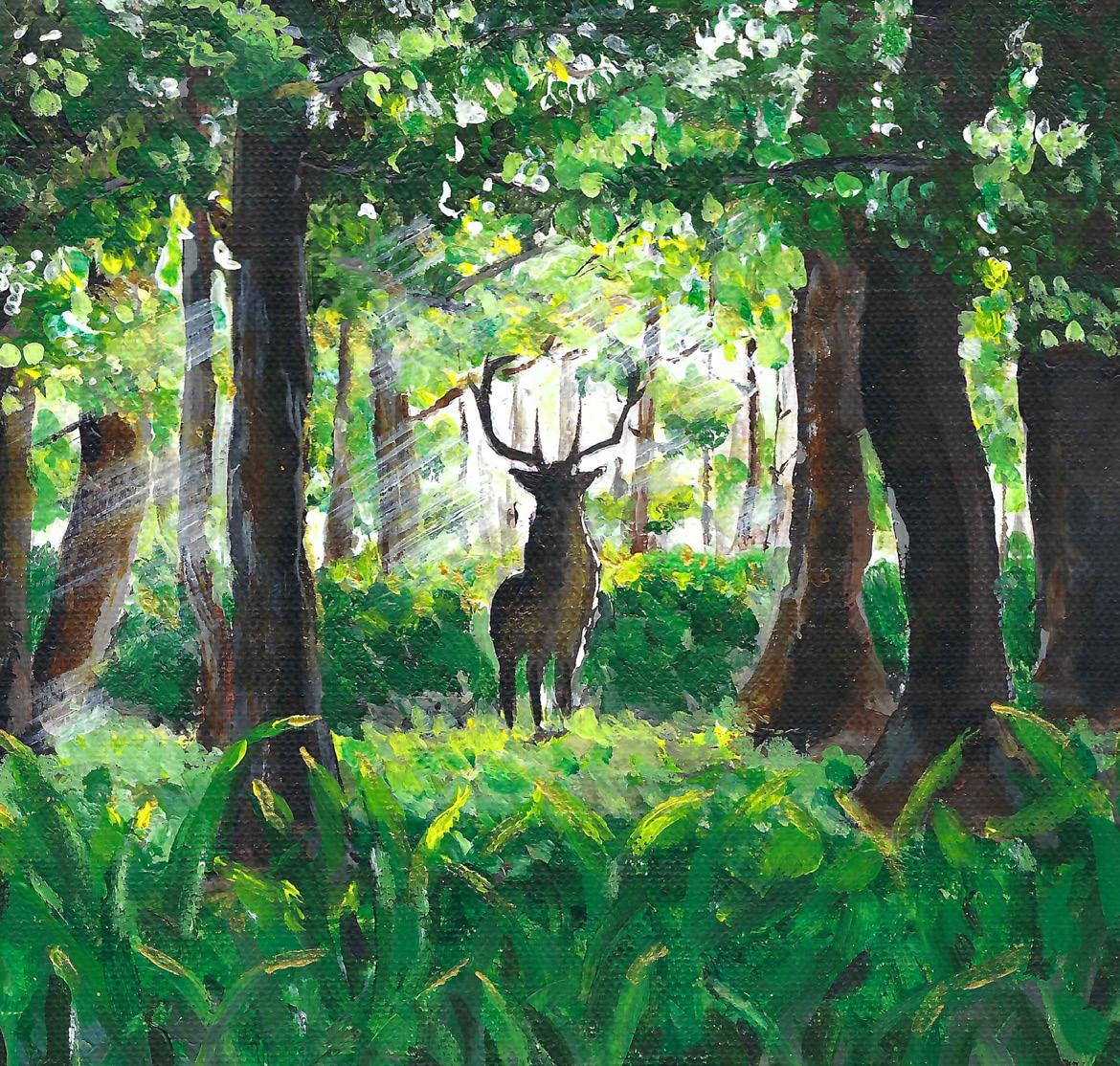

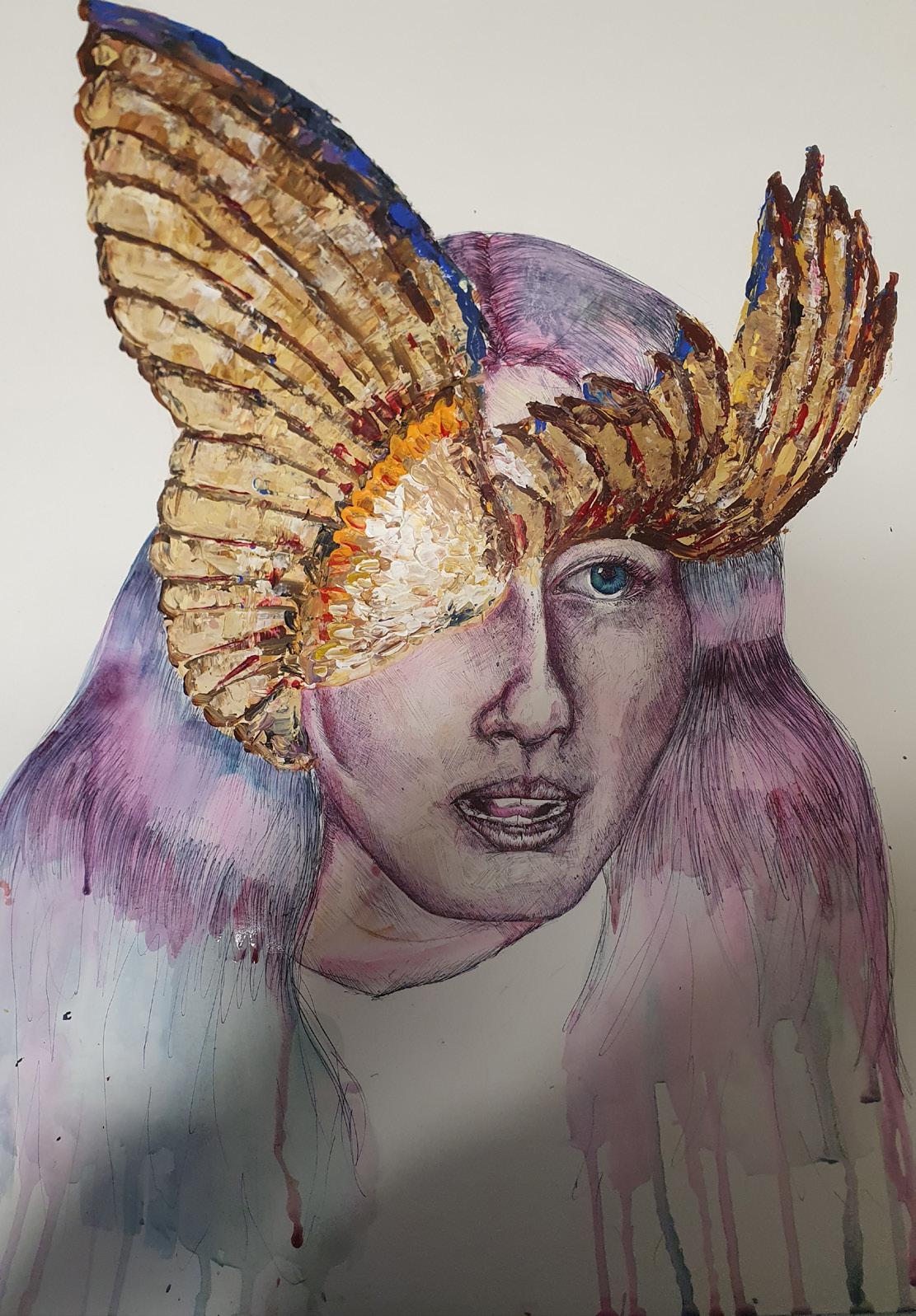

By Eirik
“Hey man, where are you from?”
Before we tackle that question it’s probably appropriate to start with an introduction. My name is Eirik, I’m here at Stirling studying for a master’s degree in international conflict and cooperation, and the short answer is I’m from the United States.
In my time here, I’ve thought a lot about what it means to be from a place because the word “From” gets used a lot back home, to mean a lot of different things. I got asked “Where are you from?” just as much back home as in my time here because even though I lived in Tennessee before I came to Stirling, I’m no more “from” there as I am “from” here.
I wasn’t born there, my earliest memories aren’t set there, I don’t talk the way people talk there, and I don’t like what they like, so to say I’m “from” there is only accurate as I was there before I came here. Before Tennessee, it was Idaho for seven years and before Idaho, it was Arizona where I was born - but I haven’t been in Idaho since I was seven and I’m sure from that you can figure out how long I was in Arizona. So, I can’t rightly claim those places either.
To keep it simple when people ask, I say, “I’m from Tennessee” in the sense of “from” which means “before I was here, I was there,” and that seems to satisfy most.
Though, back where I’m from that’s not what they mean when they ask that question. They’re really asking questions like “Who are you?” “What are you doing?” “Do you belong here?”. Make no mistake, these questions come with right and wrong answers. It took me a long time and a lot of trial and error to figure out which were which, and by that point, I figured my right answers to “Who are you?” and “What are you doing?” didn’t jive with “Do you belong here?” so I decided pretty early I was en route out of the U.S.
In the process, I decided I wanted to do humanitarian work, so I came here to study, and that same old
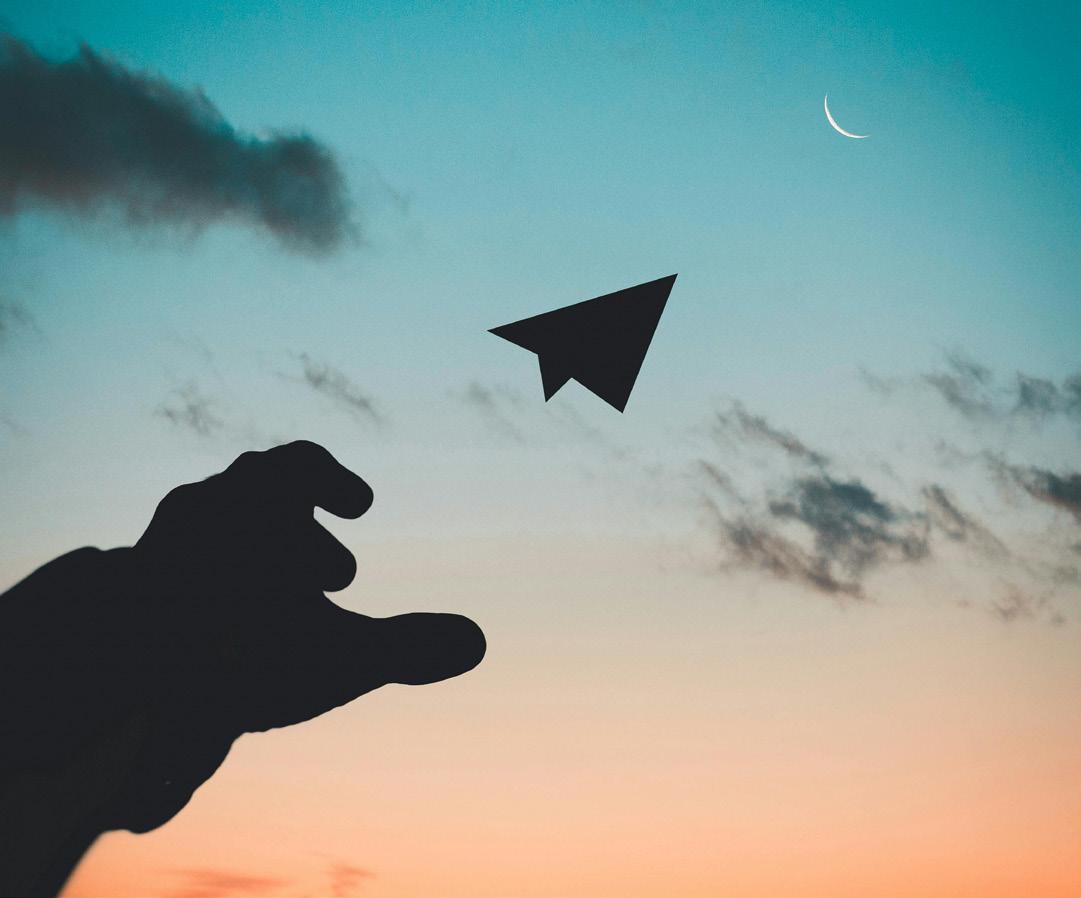

question came up again, “Where are you from?” but it felt different. Even different from the times I’ve travelled out of the U.S. before. It feels like an invitation instead of an interrogation.
I’ve felt warmth since I’ve been here. Obviously, not from the weather, but from the people from all over. Even though I’m not from here and I’m surrounded by people from places different from mine, I don’t feel foreign, and I don’t feel like they’re foreign.
We’re all internationals and, in a way, that means we’re all coming from the same situation. Being here, now, leaves me with more in common with people from halfway across the world than I would with people who have never left Tennessee. My housemates are from Africa, I have lunch with Europeans, I have classmates from Asia, I’ve had tea with people from South America, and it feels like I’ve been to the pub with at least one person from everywhere on Earth.
This has put me in a dilemma. Obviously, I am from the United States. I have a little blue book with an eagle on it that says so. But there’s more to me now that is not from the United States, and there’s plenty about the United States I want nothing to do with.
Am I just an international student, a migrant, an expat? Is that it?
People casually say “Oh, I lived in wherever for X years” as if that’s just a fun fact, but I think there must be more to it than that. Each of us, as international students, are changed by our time here. Even if you take the essentially personal self-reflective element of all this as sentimental nonsense, we are being educated, and meeting people from across the world. That will necessarily set us within a social network entirely distinct from the places we’ve all come from.
I wonder if at some point someone will ask me “Where are you from? Who are you?” and it will be more reasonable for me to say, “I’m an international.”

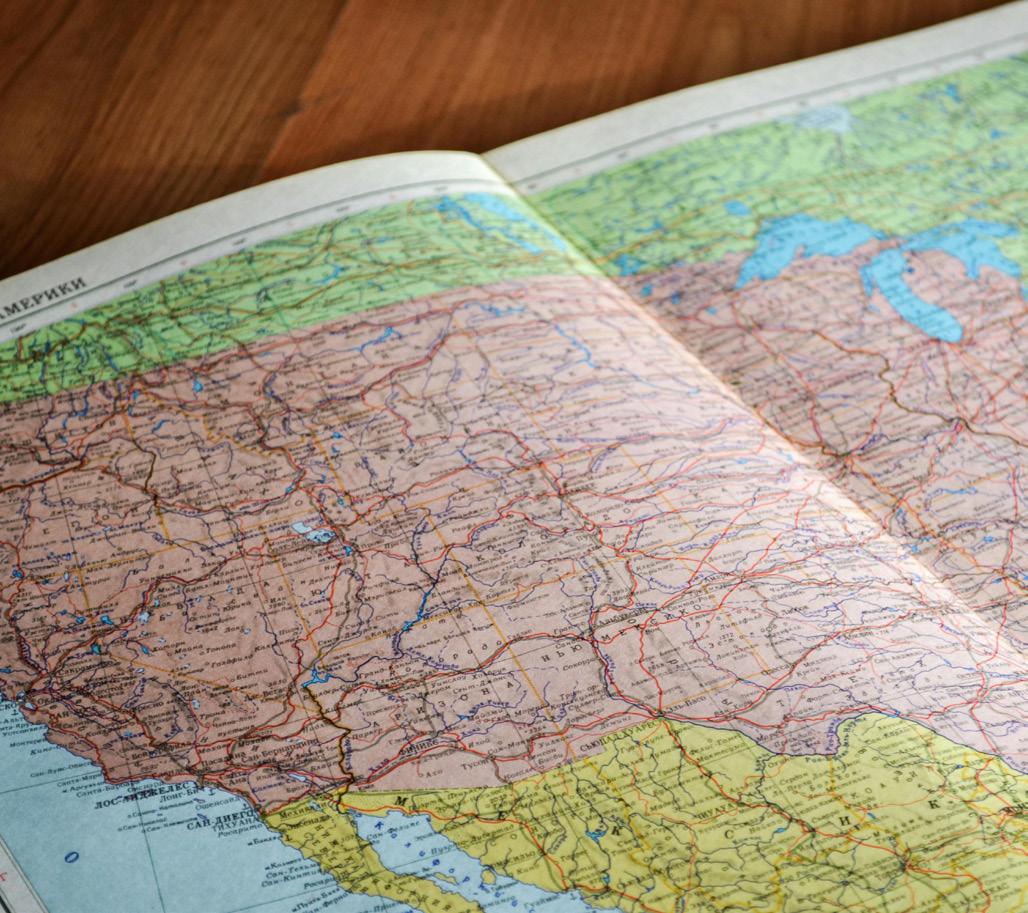
ISLA
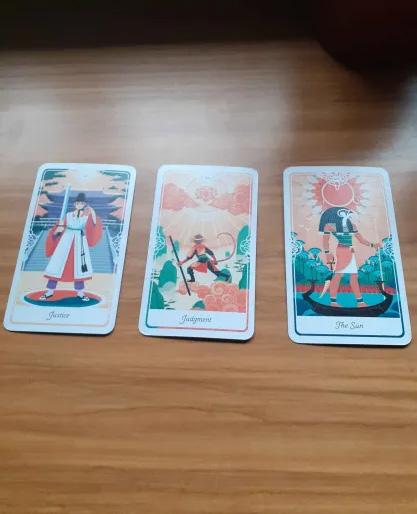
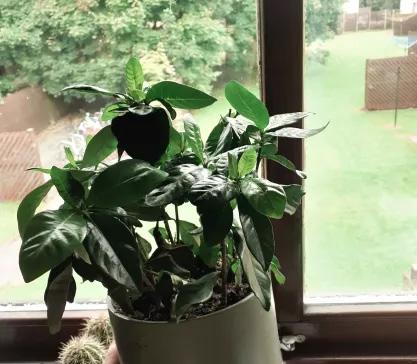
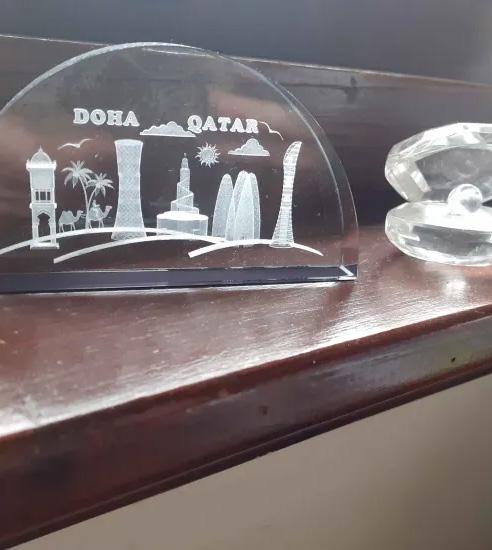
My photo essay features images of what
I believe in intuition and the supernatural to an extent, so I included a photo In this photo, the cards represent
I write creatively and read to explore worlds and characters. So I showed Qatari and Scottish, which is why I have a photo of some Qatari ornaments. landmark in the capital city of Doha. And the
We all come from nature. We evolved millions of years ago and are still walking in the woods or near a body of water. Feminism, equality and justice woman. From the victories we share and the battles

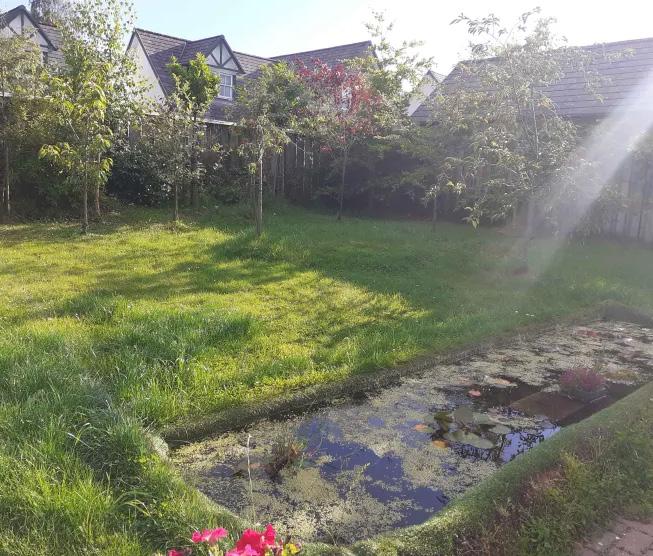
what I believe shapes my identity.
photo of tarot cards. I attribute loved ones to a specific major arcana. represent me and my brothers.
showed a range of what I like to read. I consider myself to be equally ornaments. The pearl is significant in Qatar’s history and also symbolises a skyline is a well-known spectacle of Doha.
connected to nature subconsciously. It is why we feel at peace when justice are a core part of who I am, as well as how proud I am to be a battles we fight, as well as our individuality.
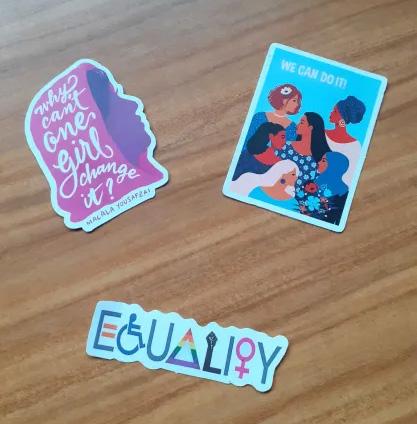
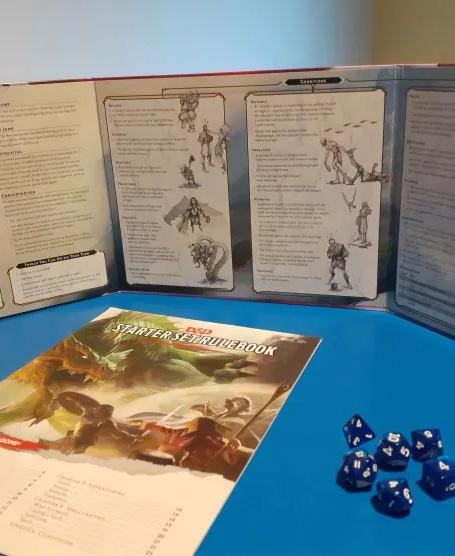
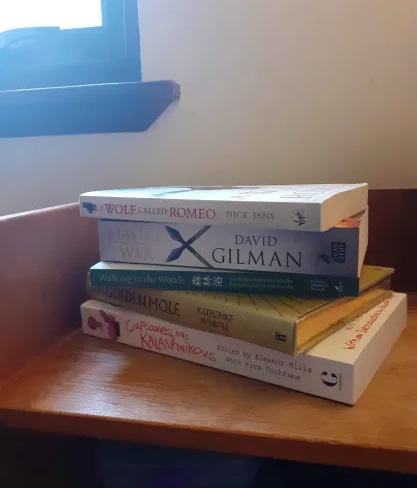
Alex is a second-year Film and Media student at the University of Stirling. She loves finding the whimsical in the mundane.

Hi! I’m Alice, and I’m Braw’s editor for 24/25. I love wild swimming, walking, painting, writing, and reading - preferably in the sun. You should also know that I bake unmatched scones.
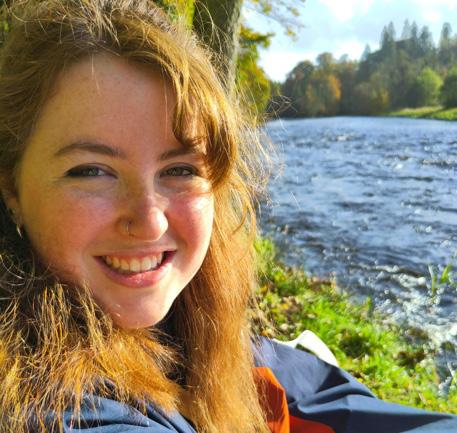
Ali is a genderqueer, disabled, mature student with a passion for exploring intersectionality. They love video games, board games, and live music.
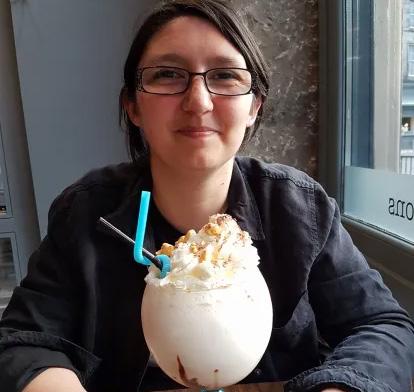
I’m Elliot, Brig’s Head of Broadcasting & Podcasting. I love to cook, game, run and get into as much random chaos as possible. I write a lot about politics, pop culture, and whatever random things have caught my limited attention this week.
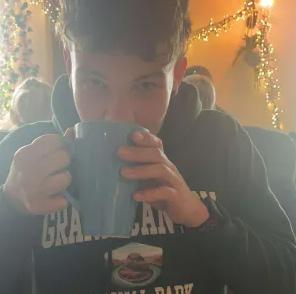
Hi! I’m Kerry and I’m a second-year English and Journalism student. I’m also the Food Editor for Brig! I hate the movie Elf and adore cats.

Hey, I’m Murron, a Journalism and English student who aspires to be an investigative journalist and fiction writer.
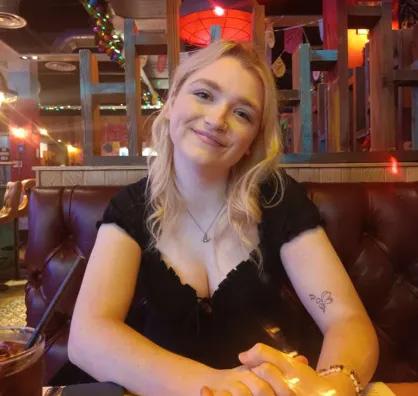
I am Sarah de Beer, a first-year Journalism Studies student at the University of Stirling. I am 20 and transitioned from college (City of Glasgow College) to university. I was diagnosed with Autism at 18. I moved to Scotland from South Africa when I was 11 (2015).
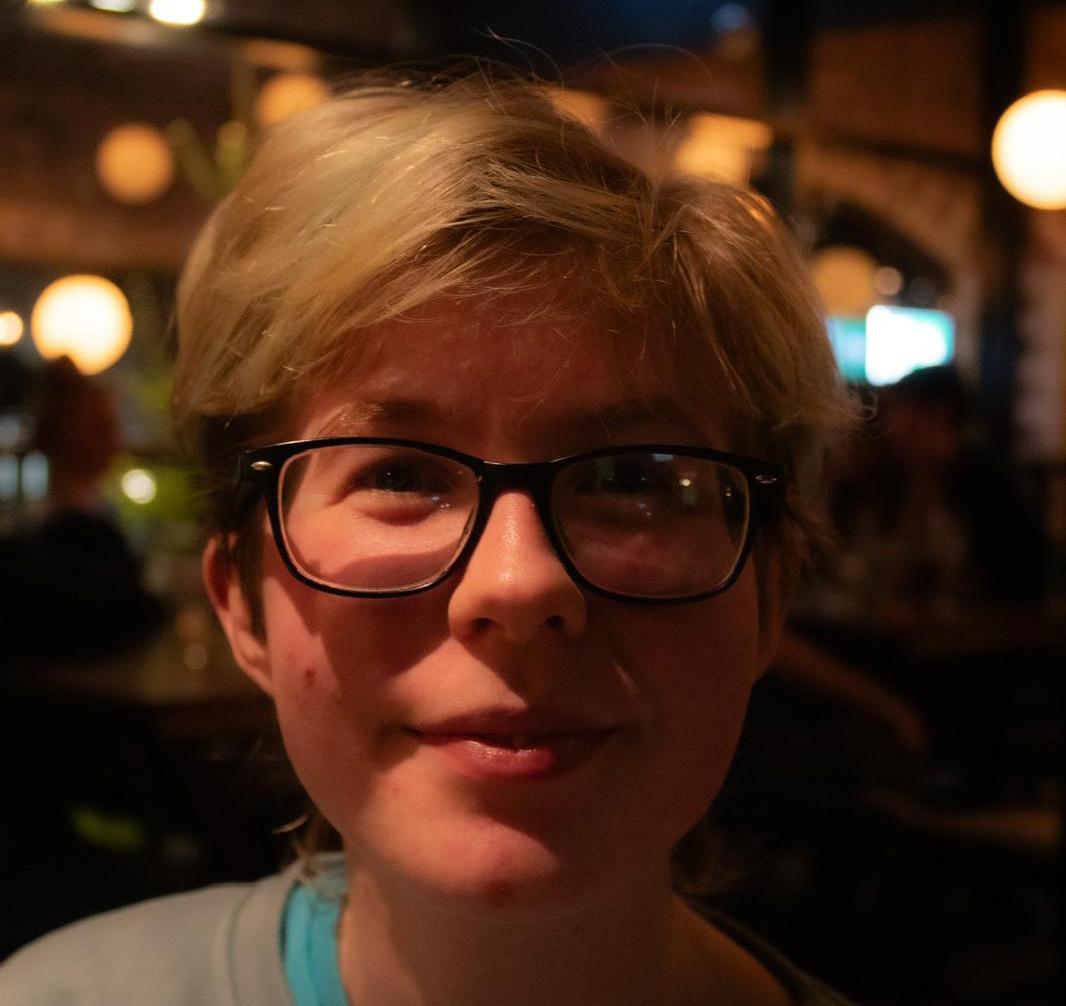
Hey, I’m Isla, Brig’s comment editor for 2024/2025. I’m a second-year journalism student and my hobbies include writing, listening to music, reading, drawing, gardening, cooking and travelling.
